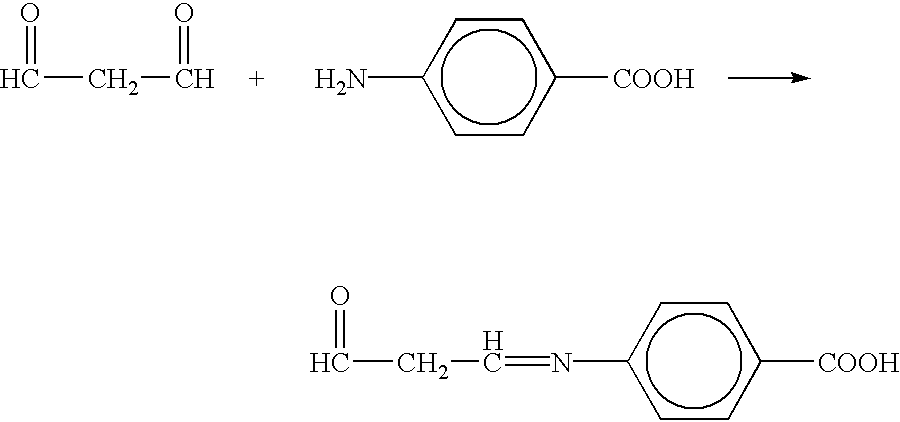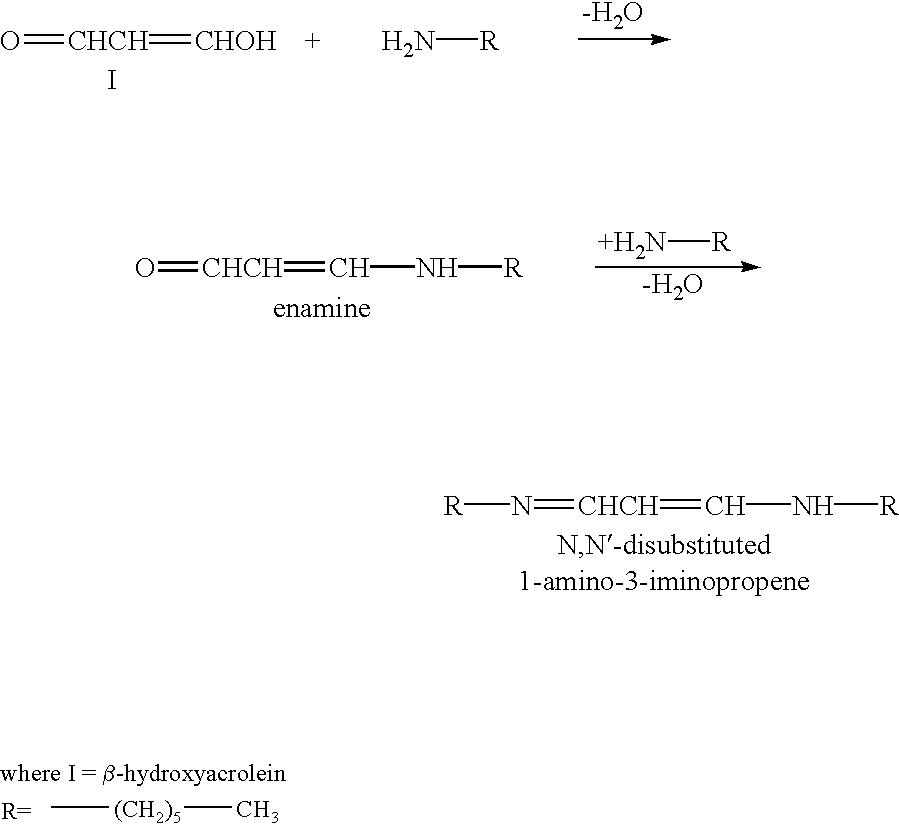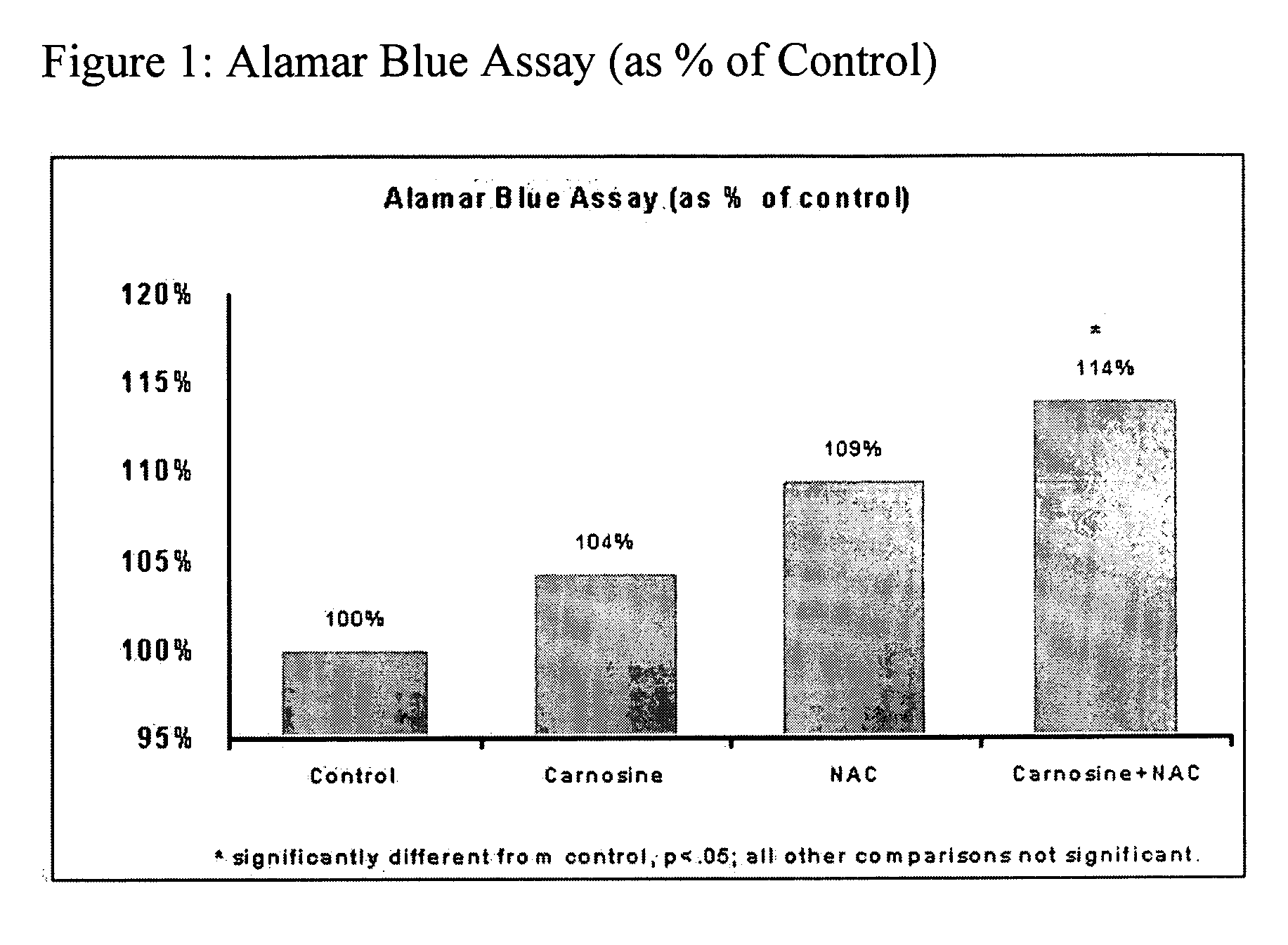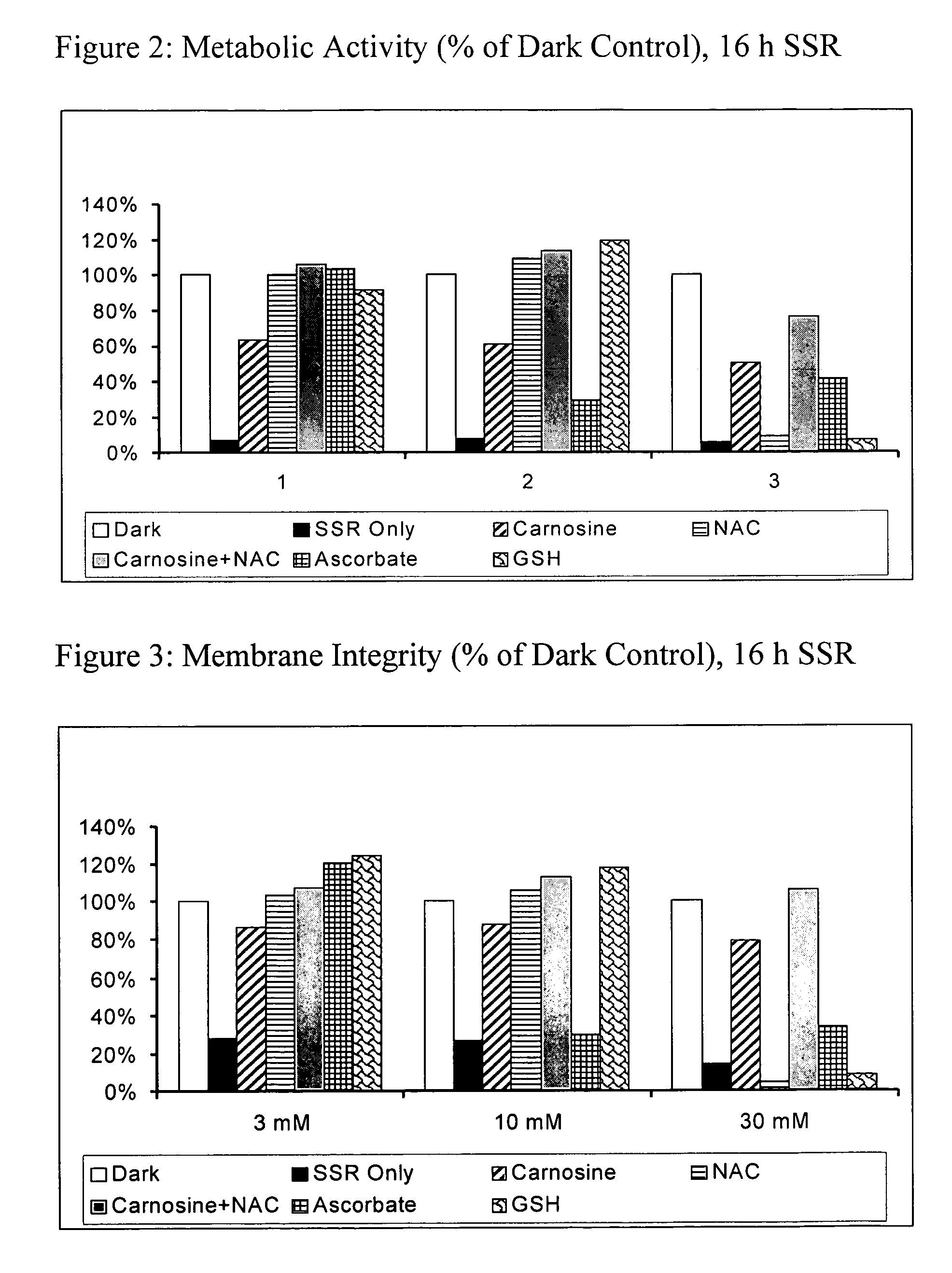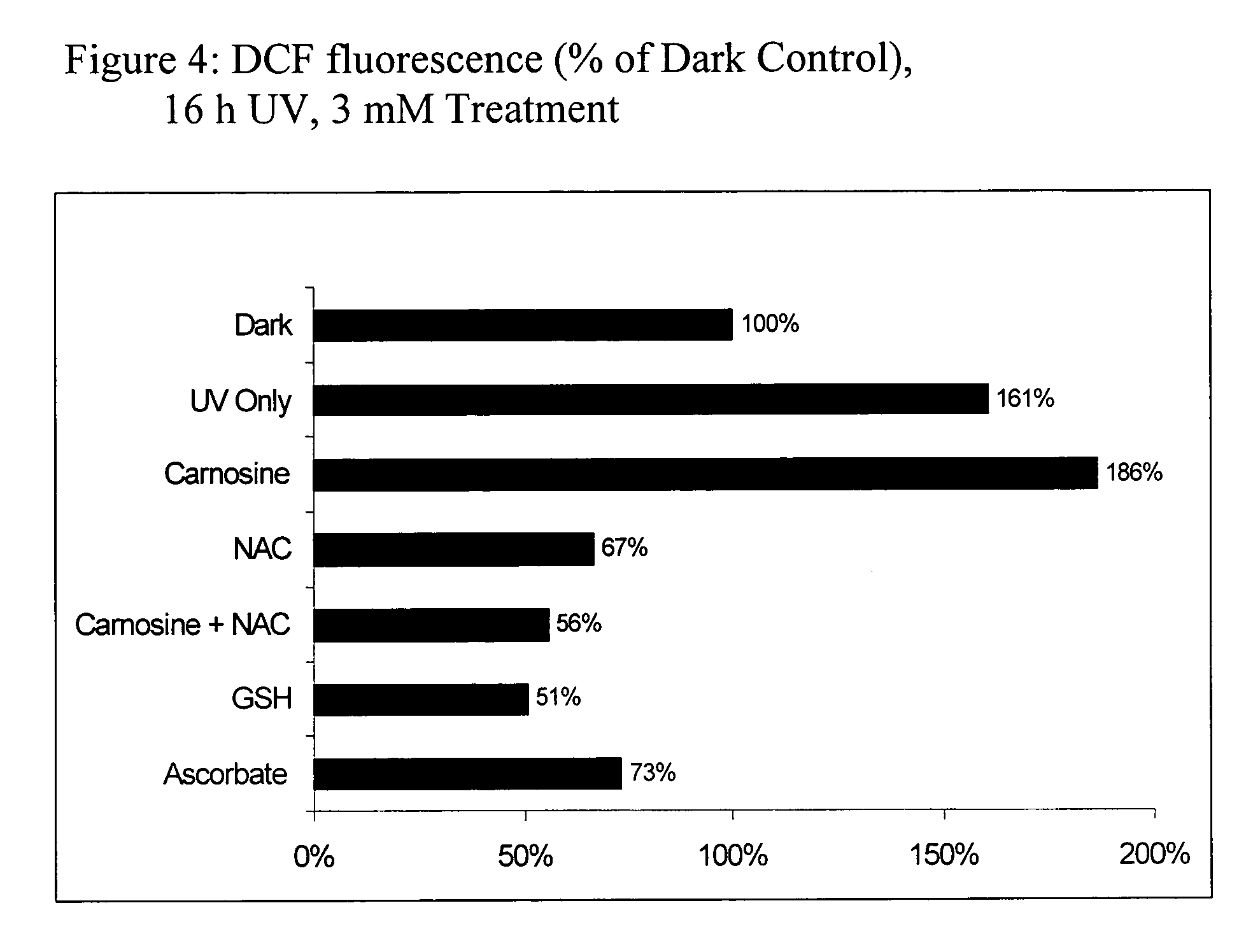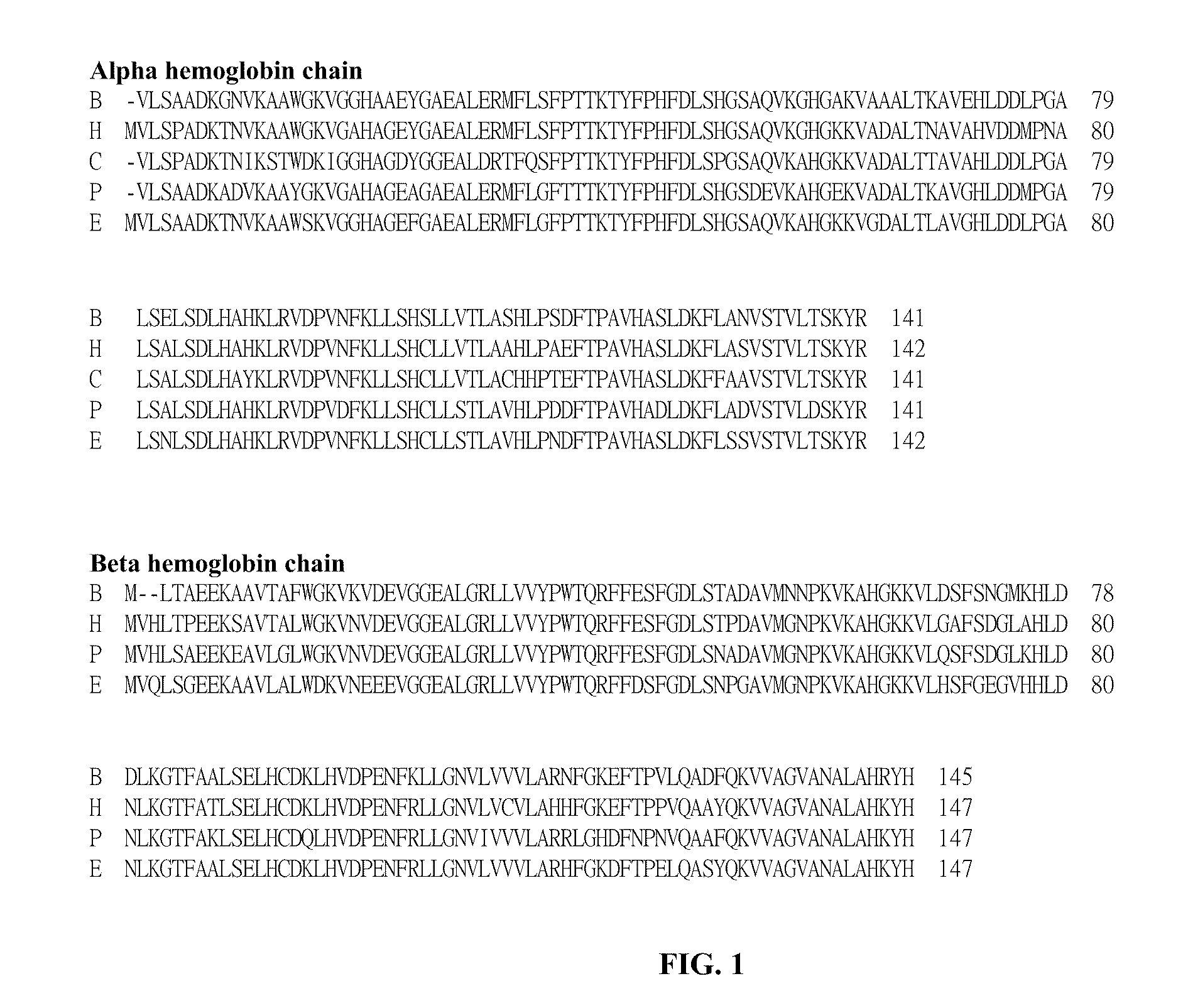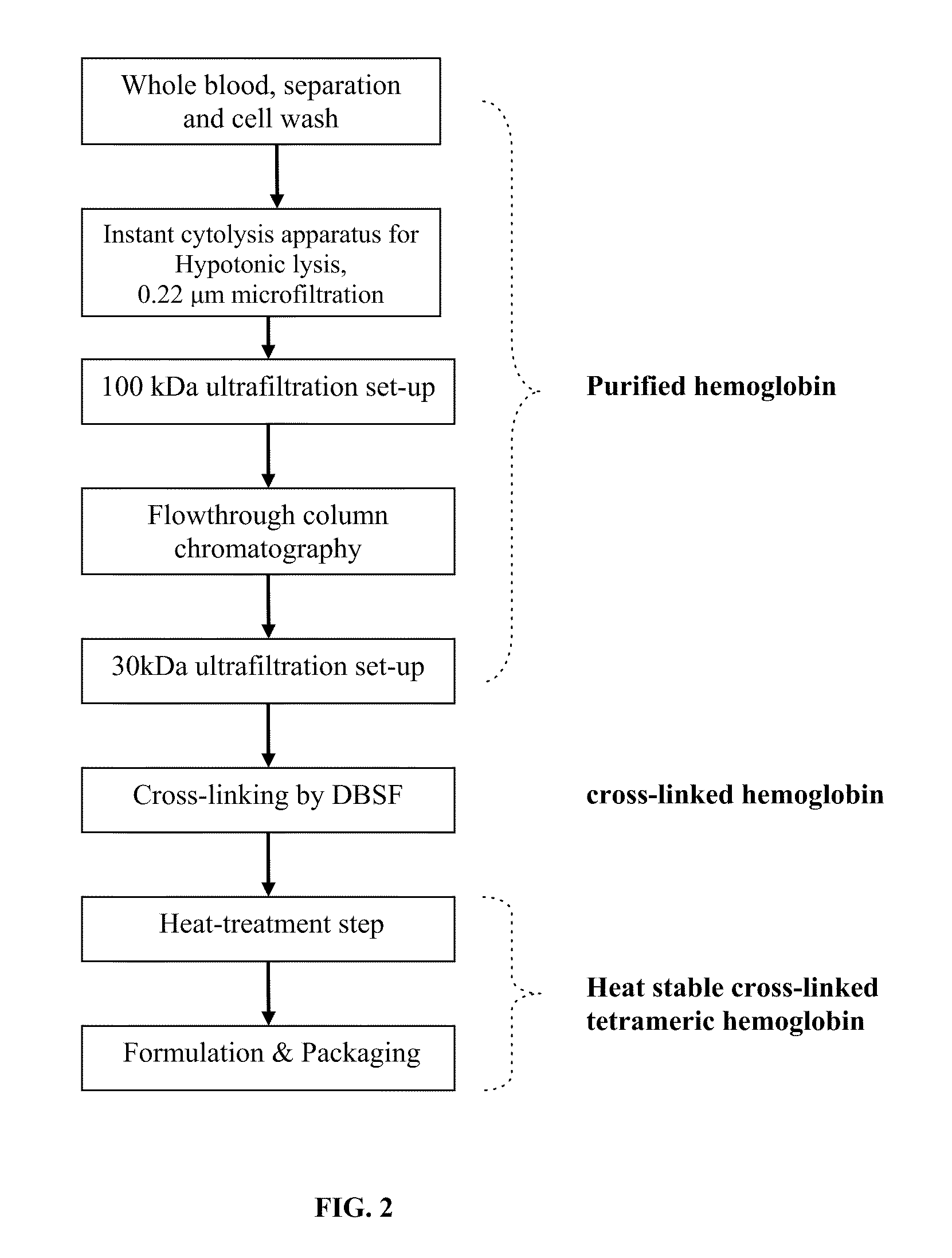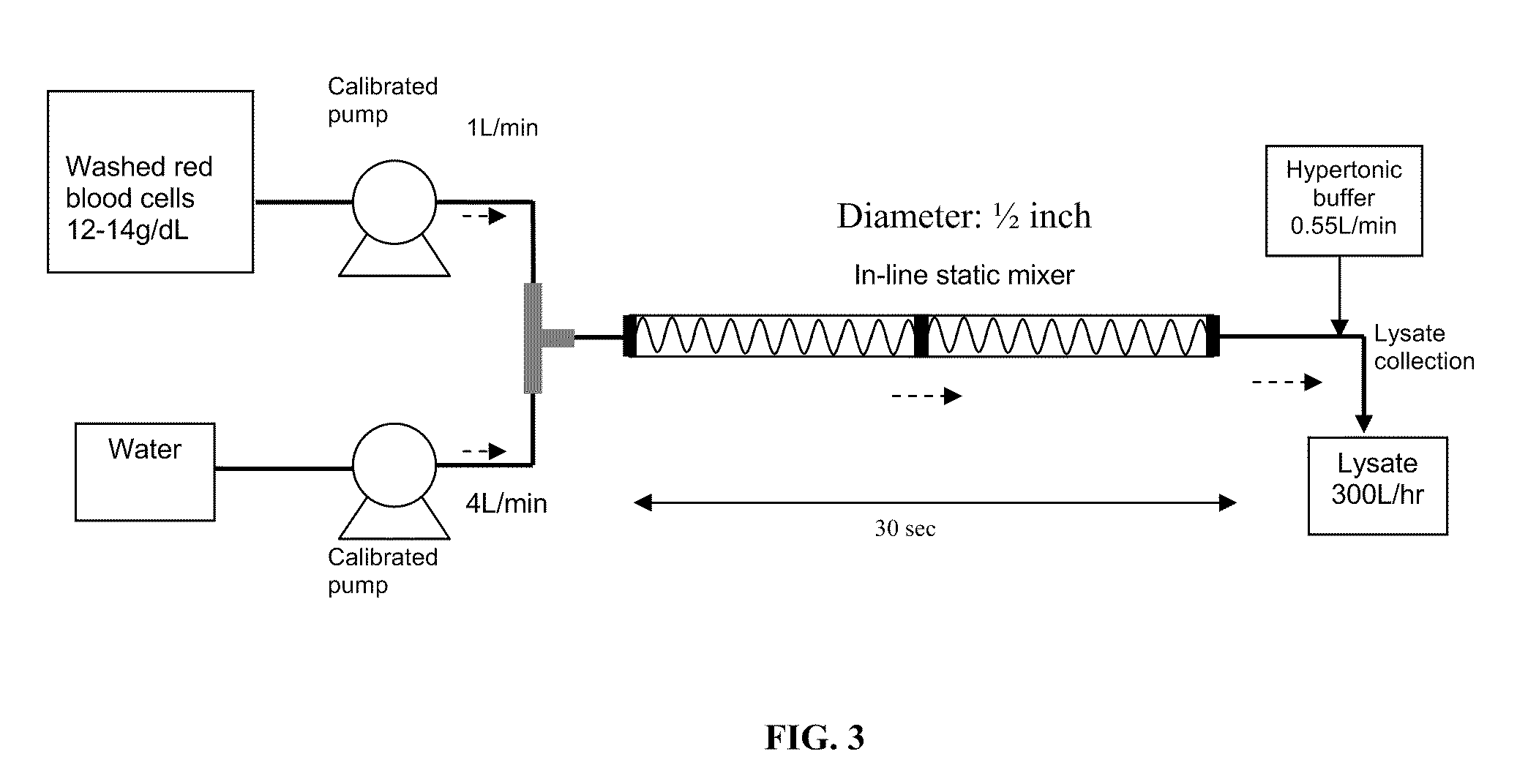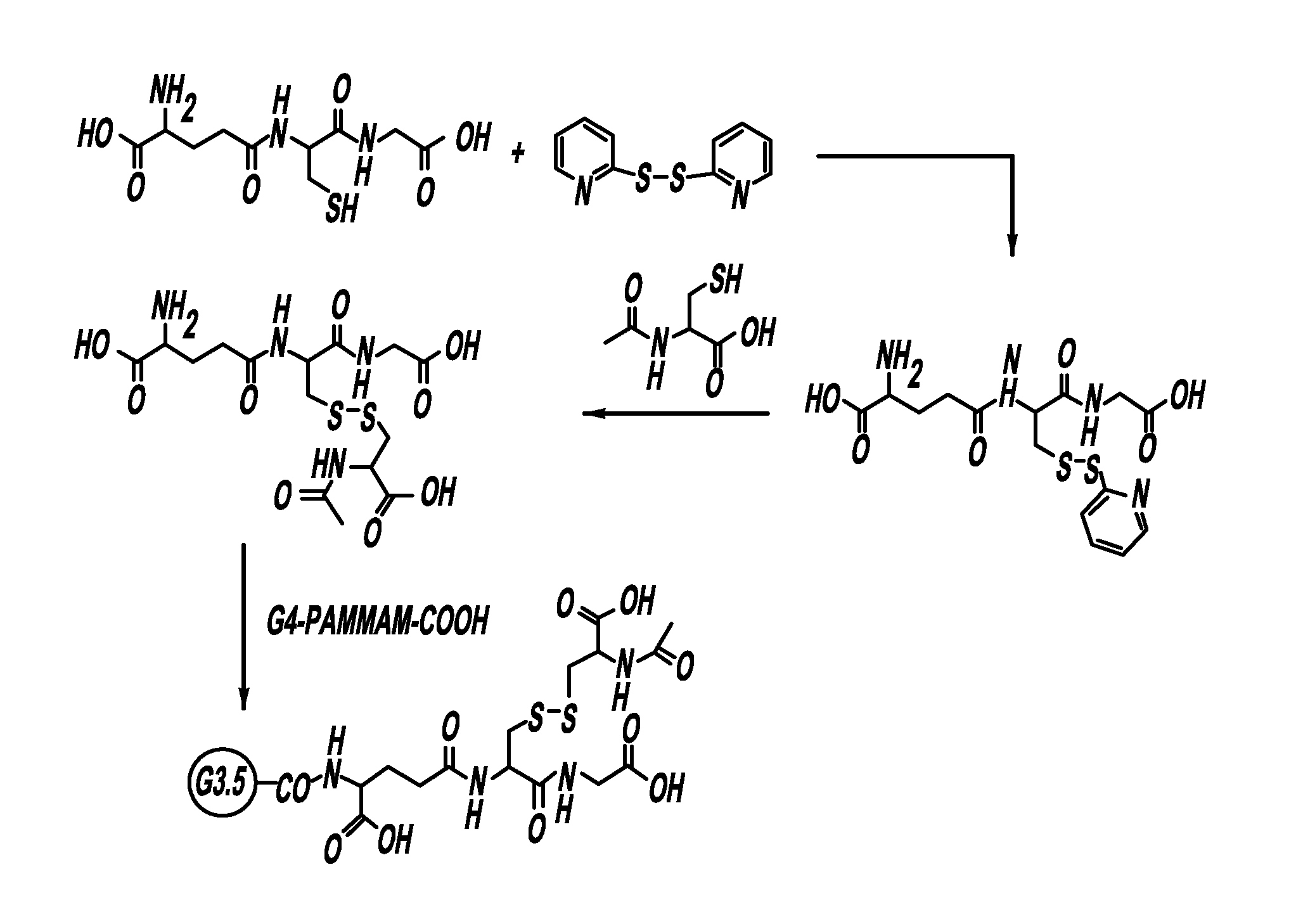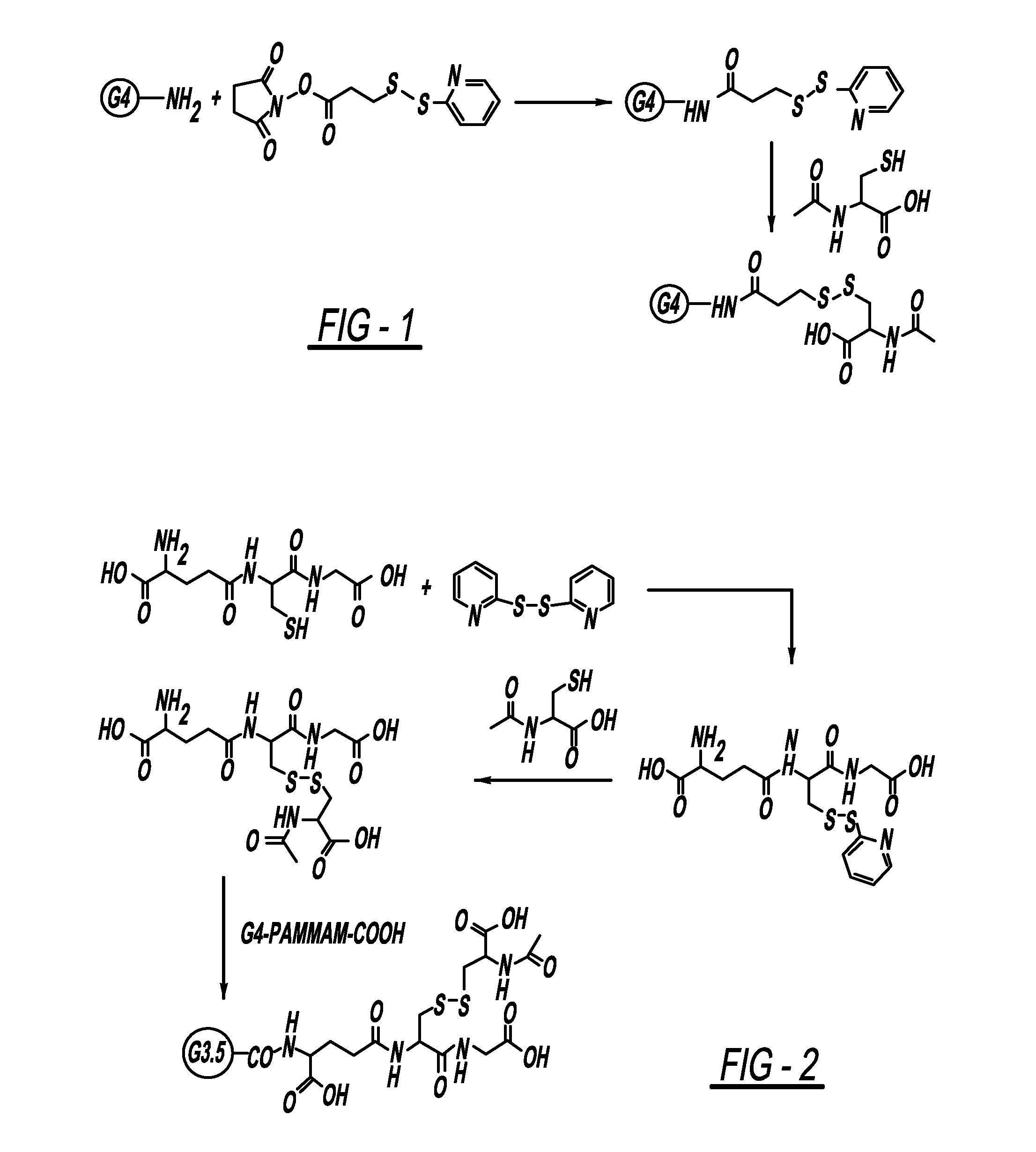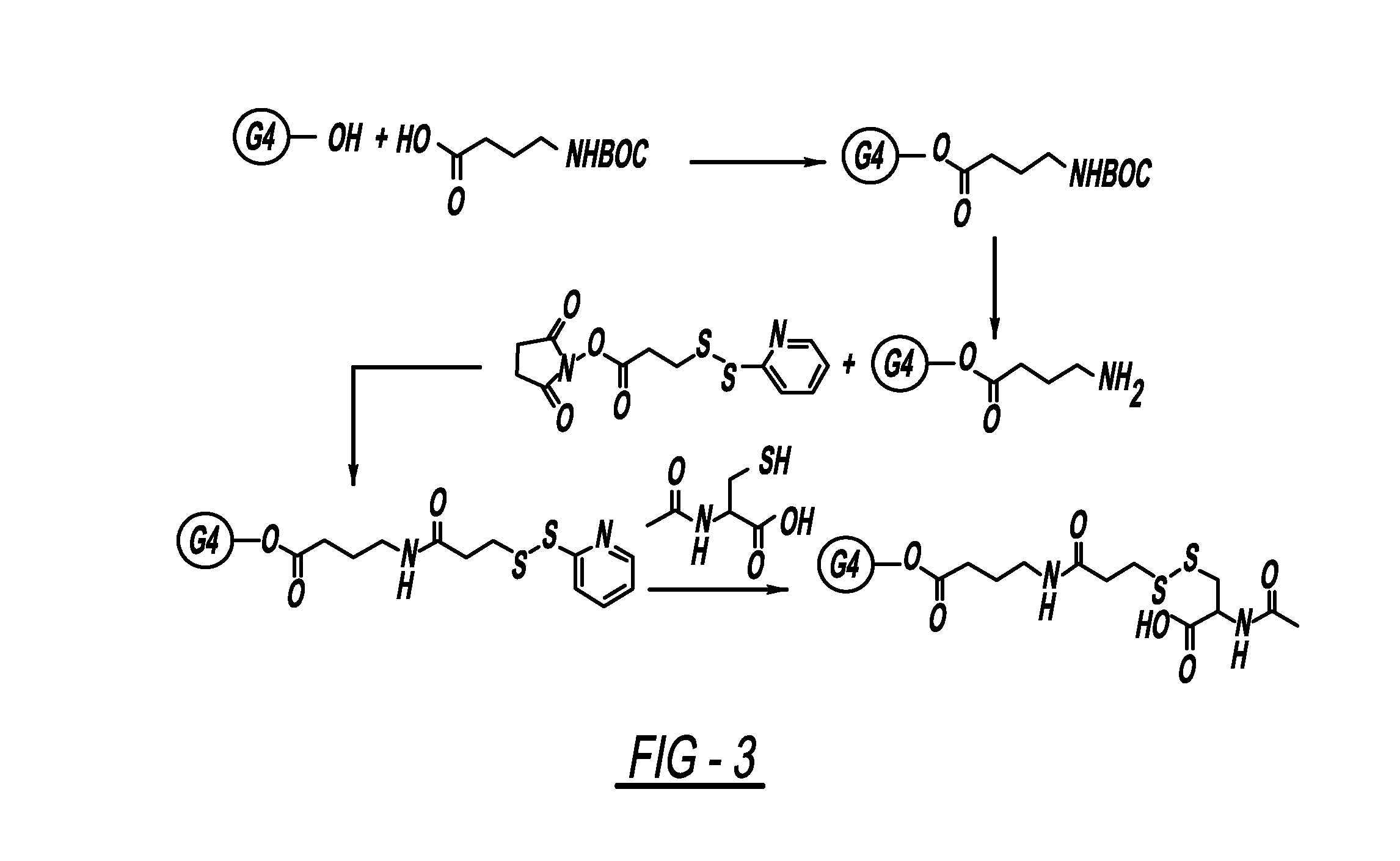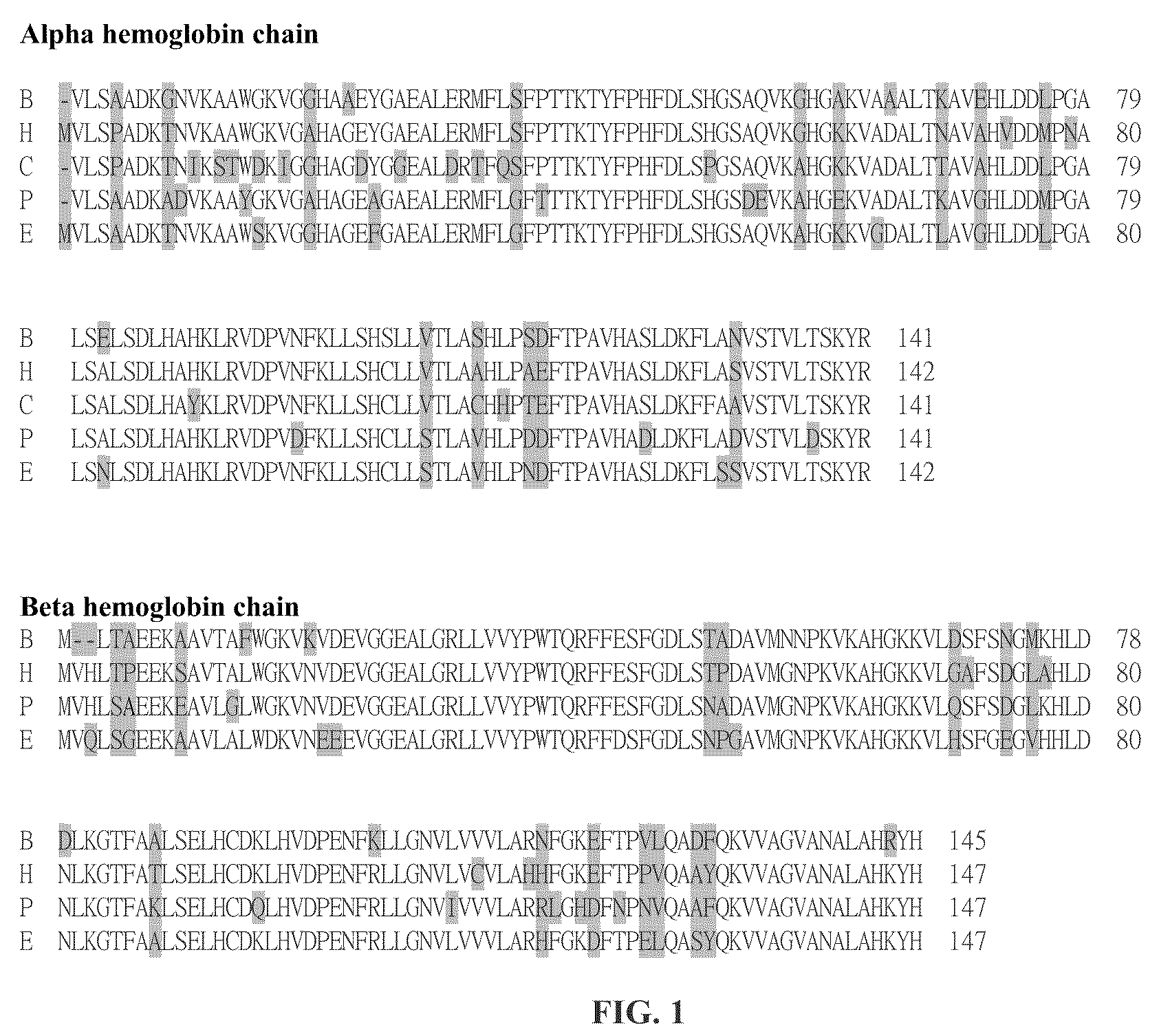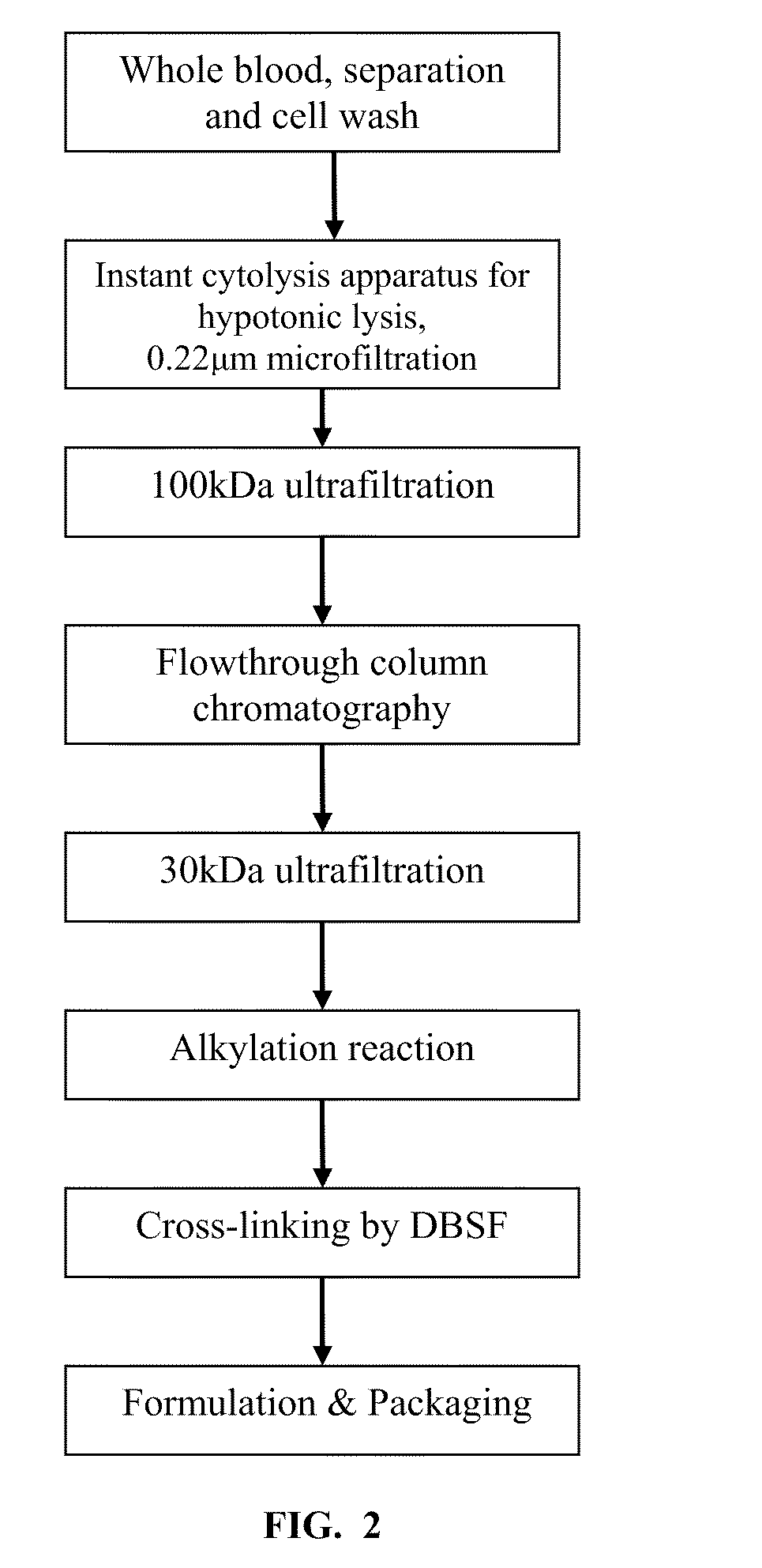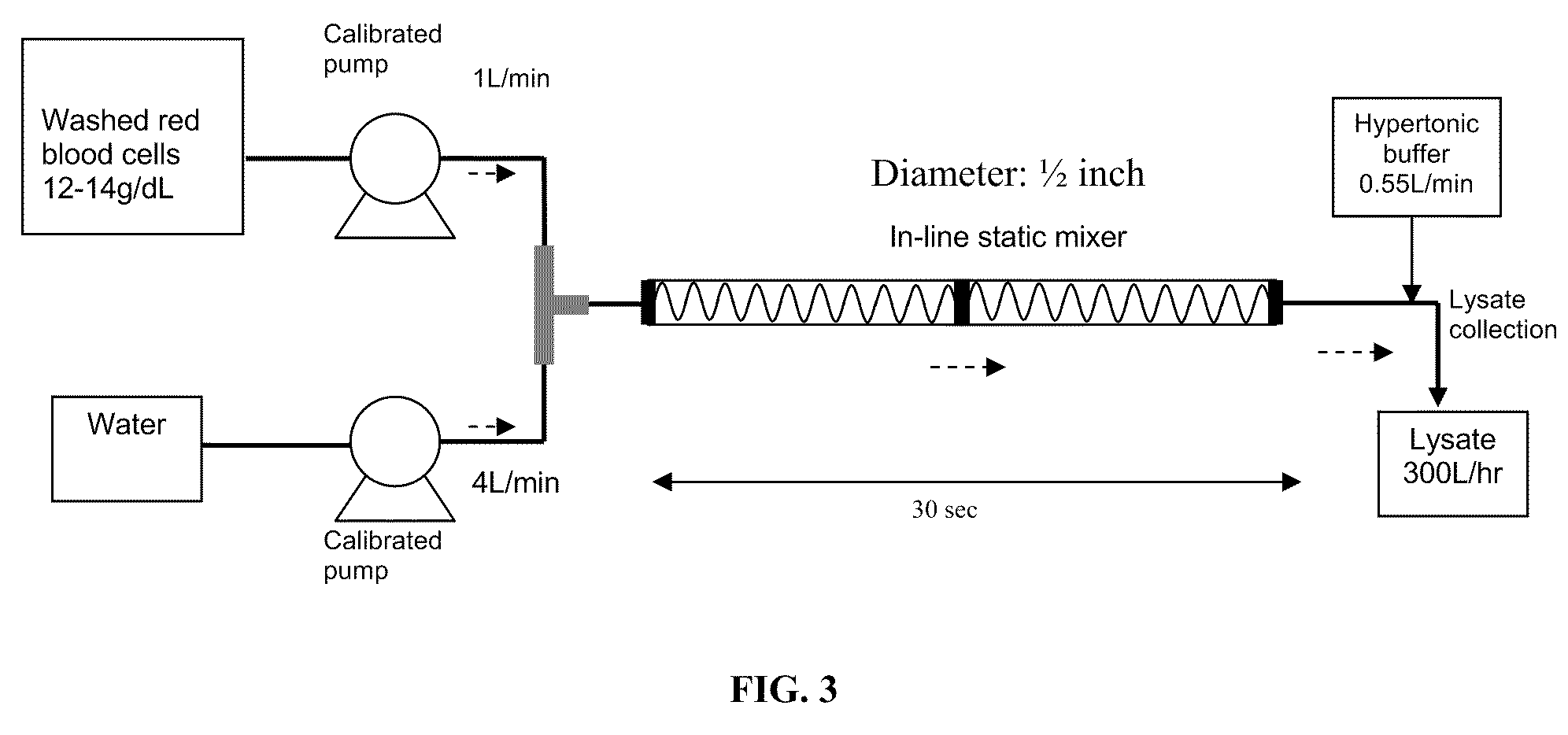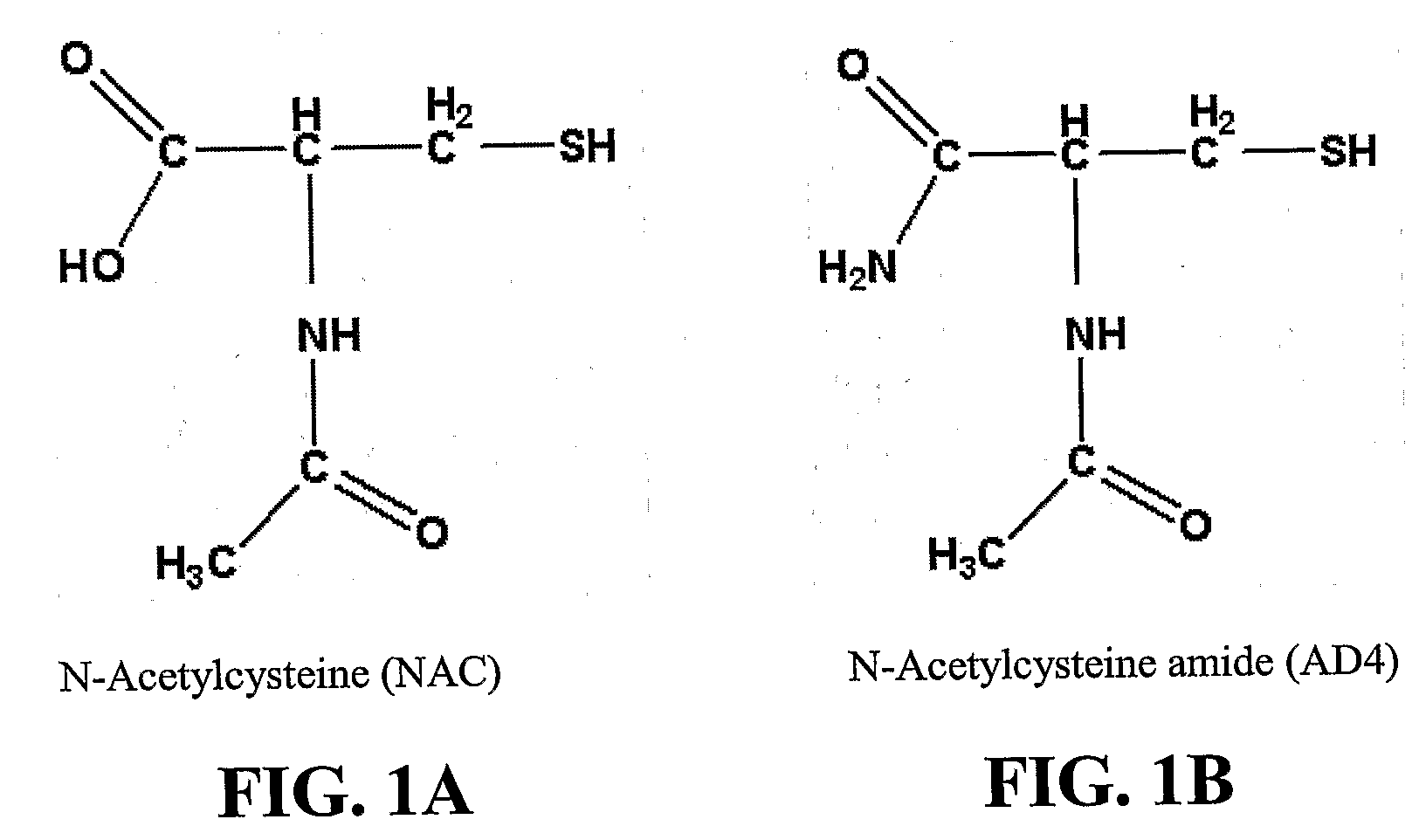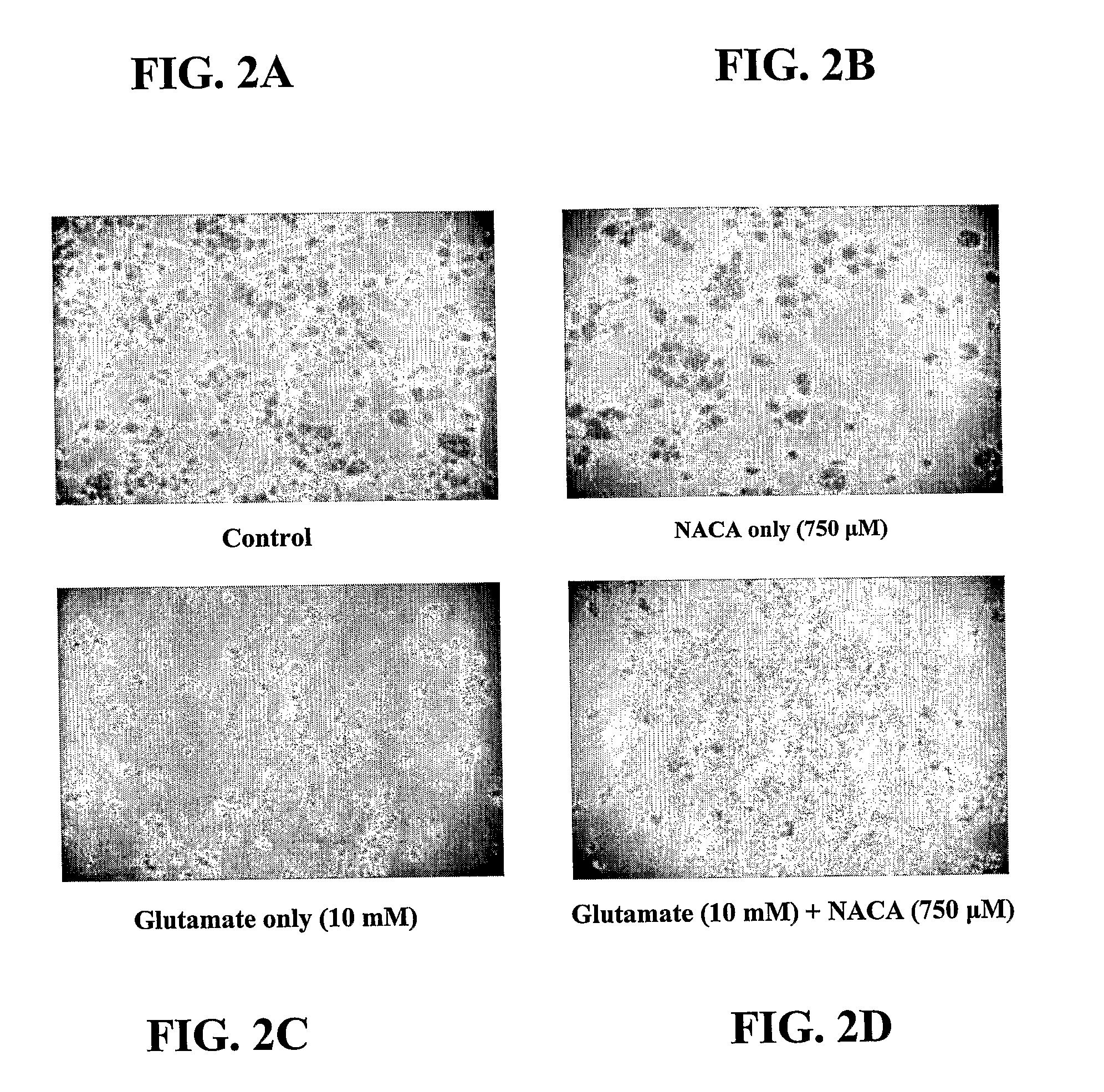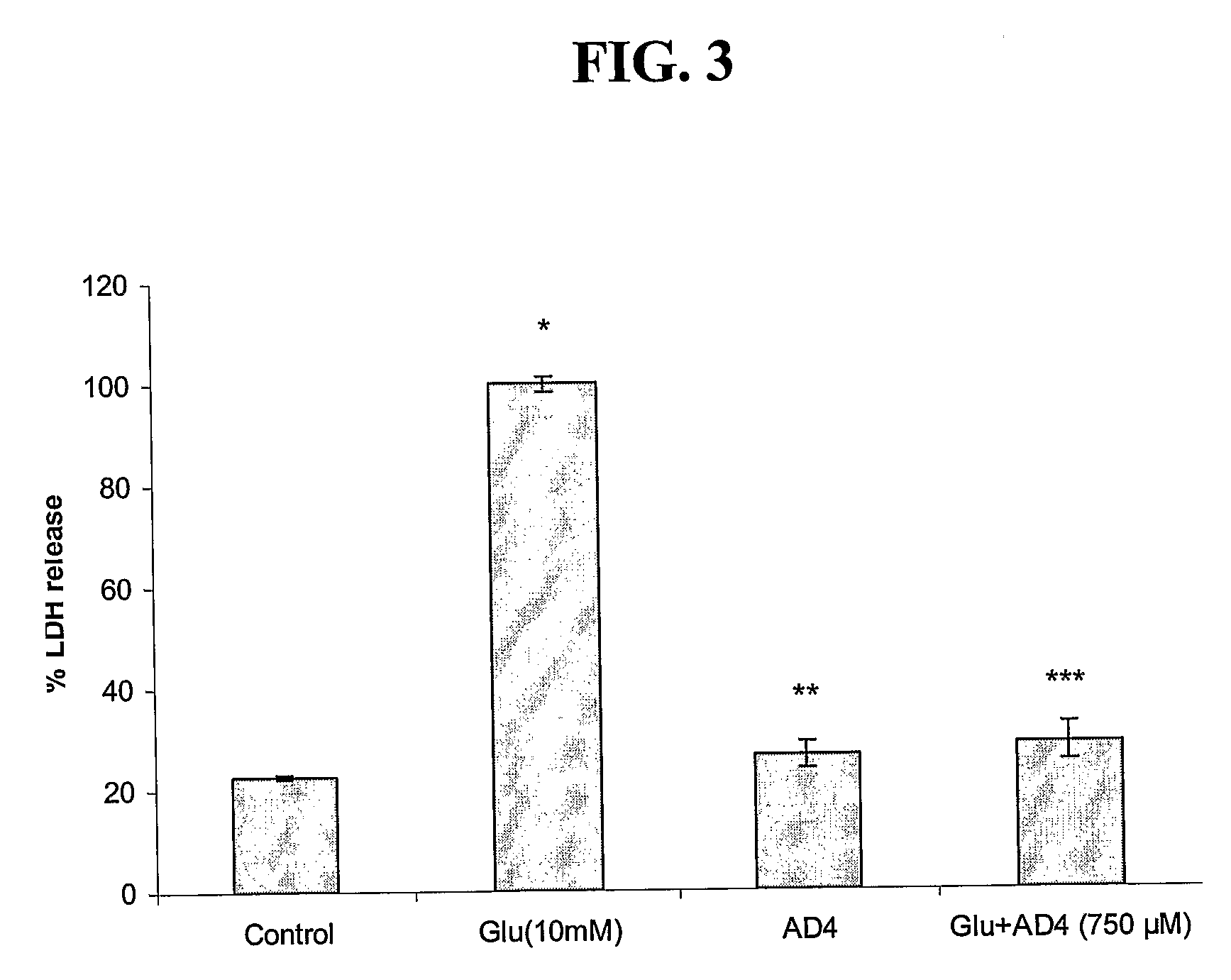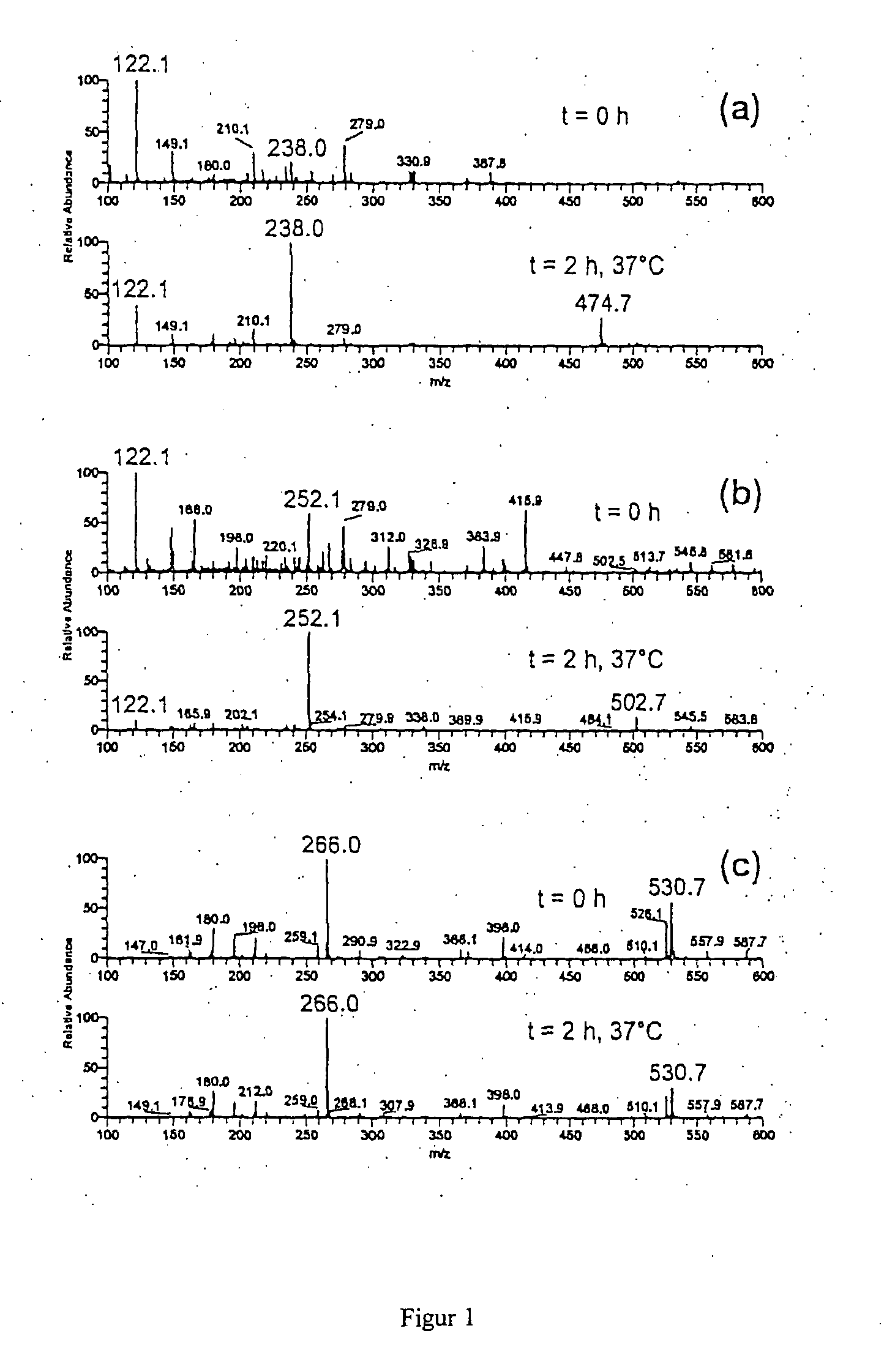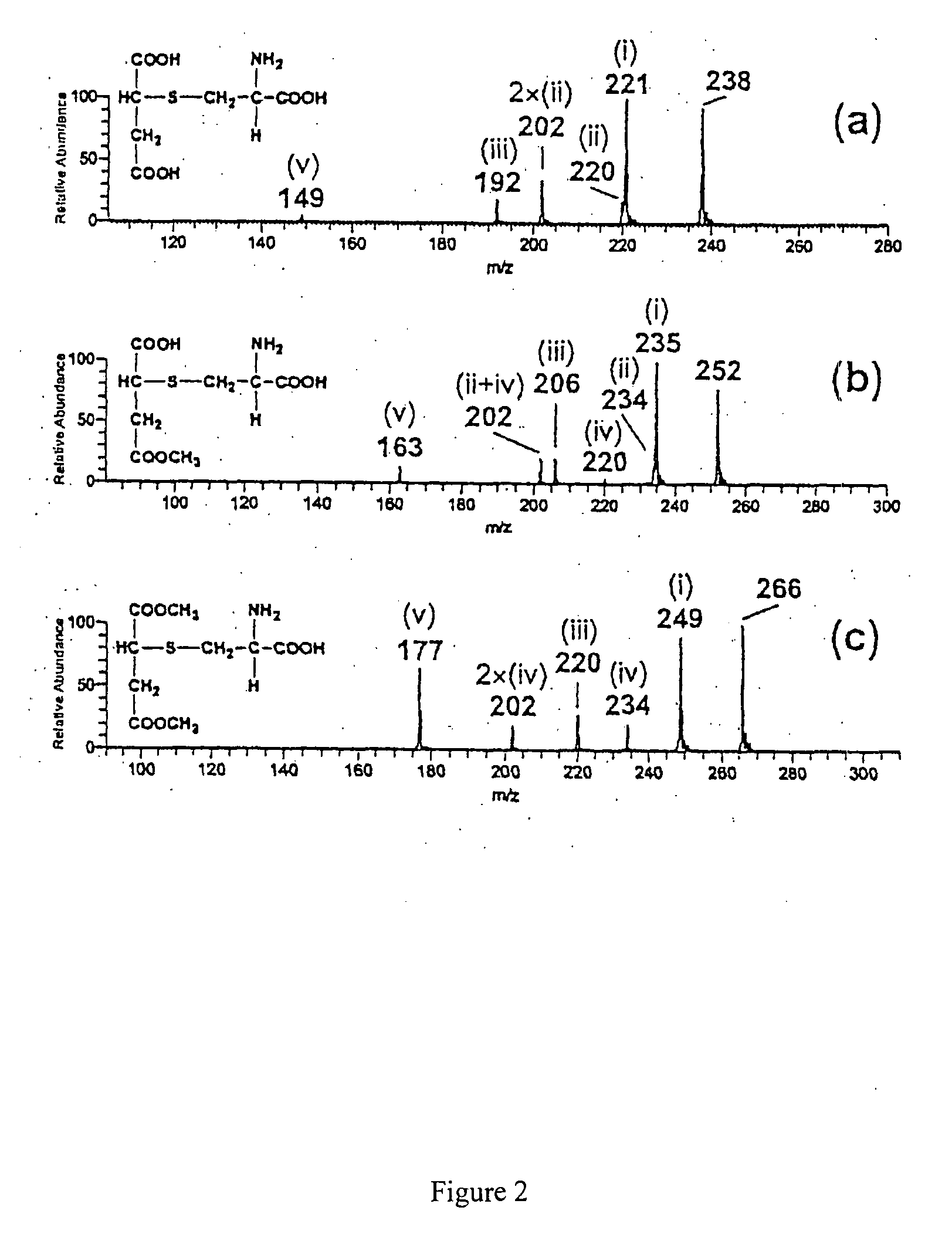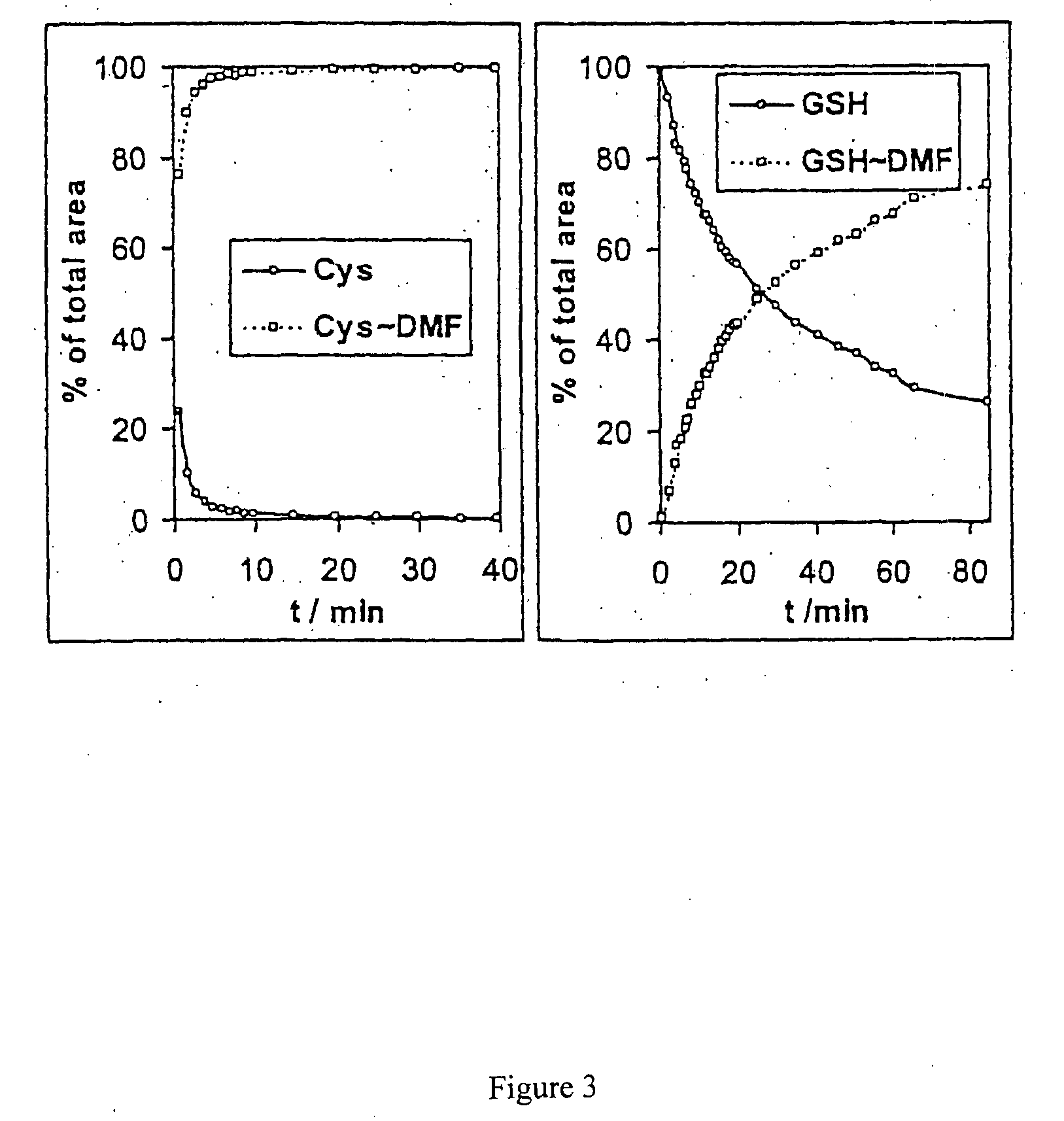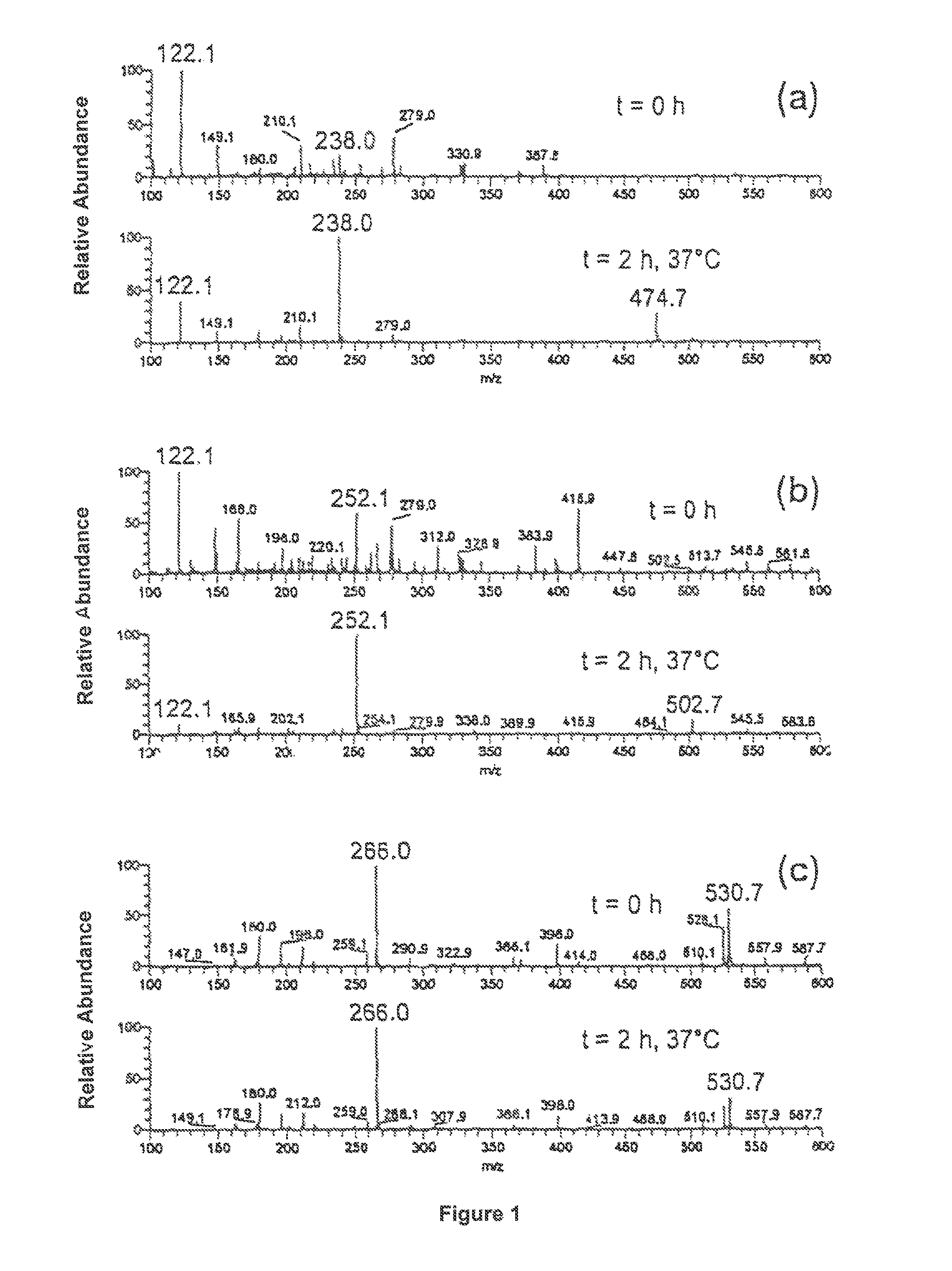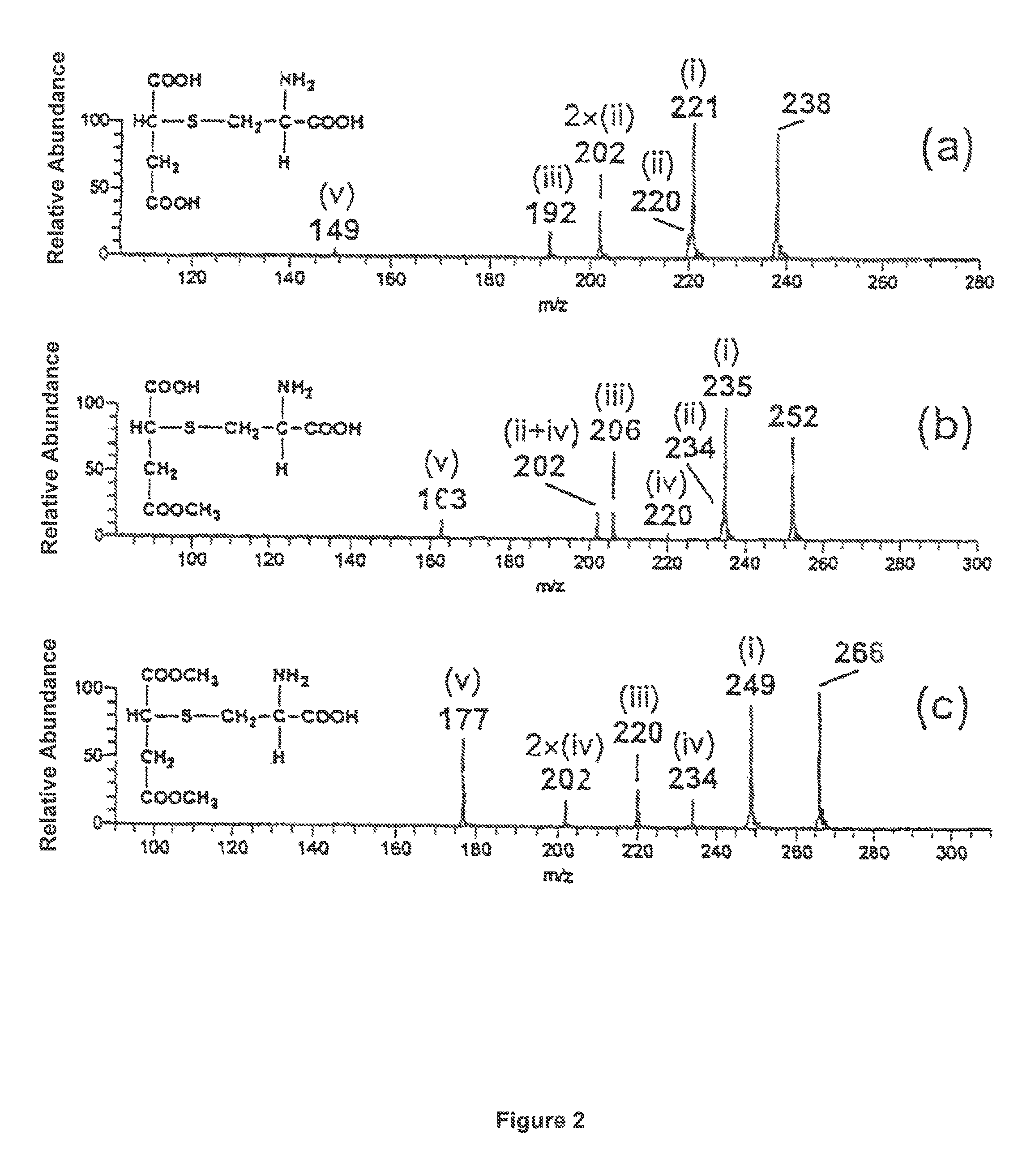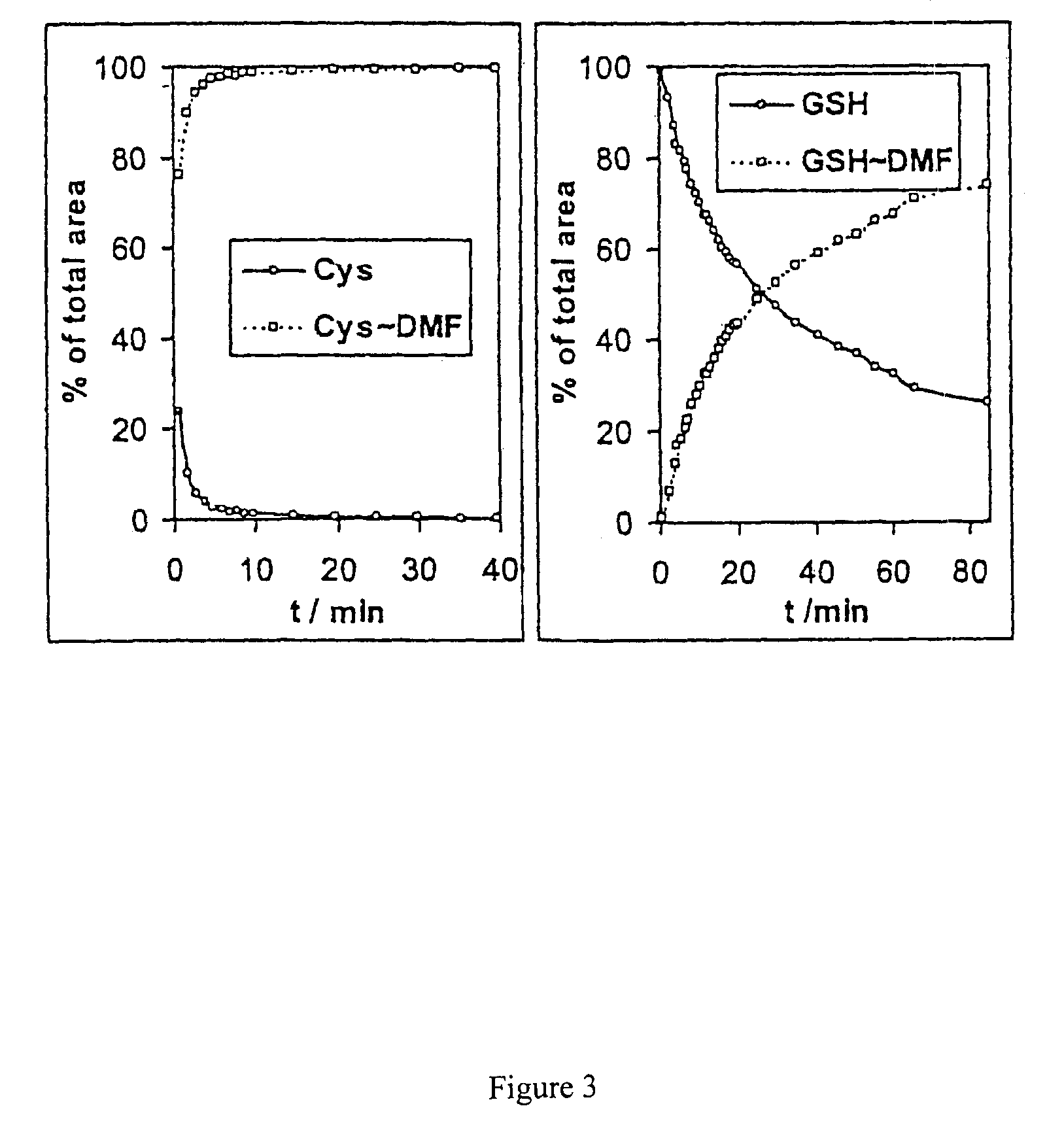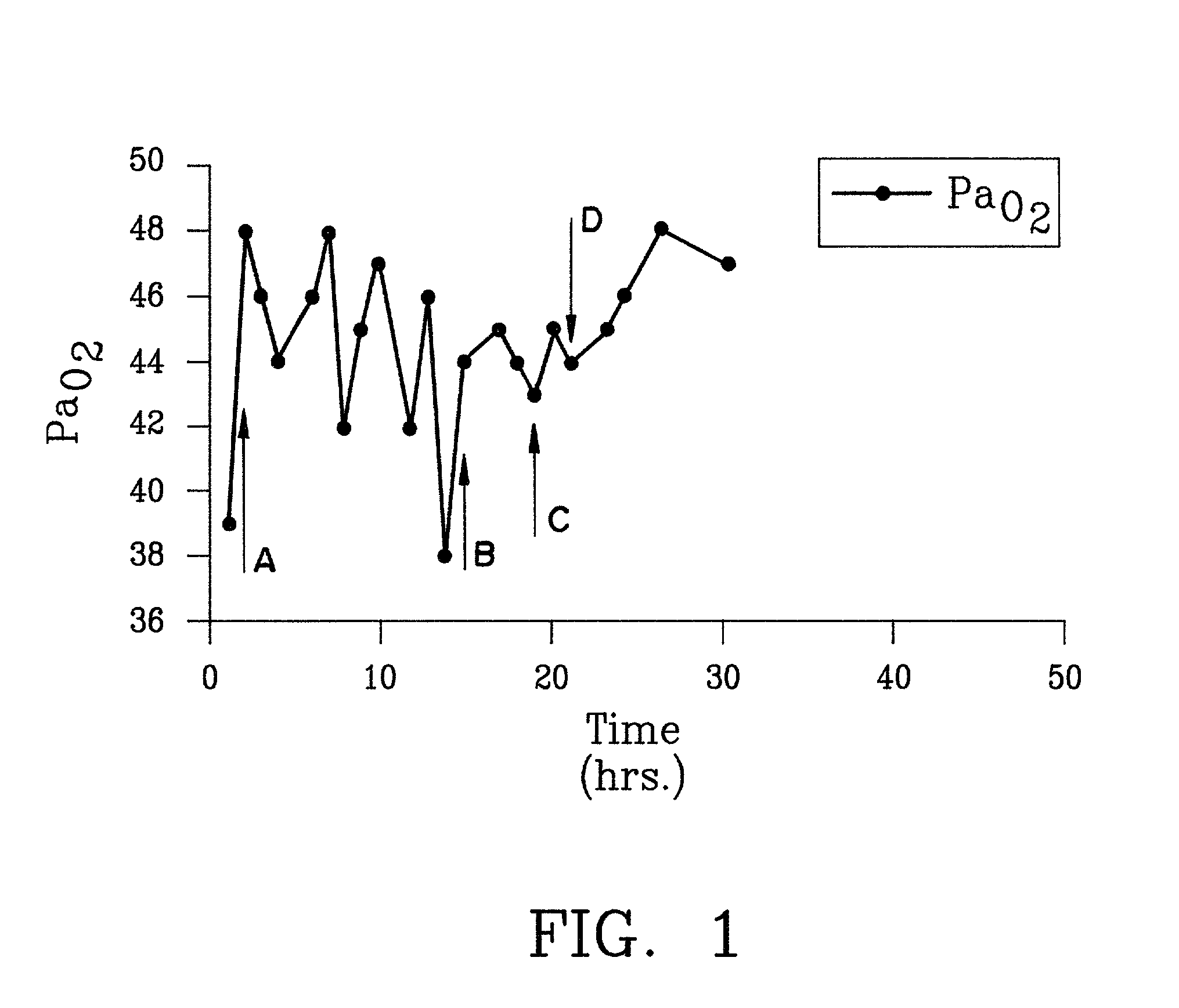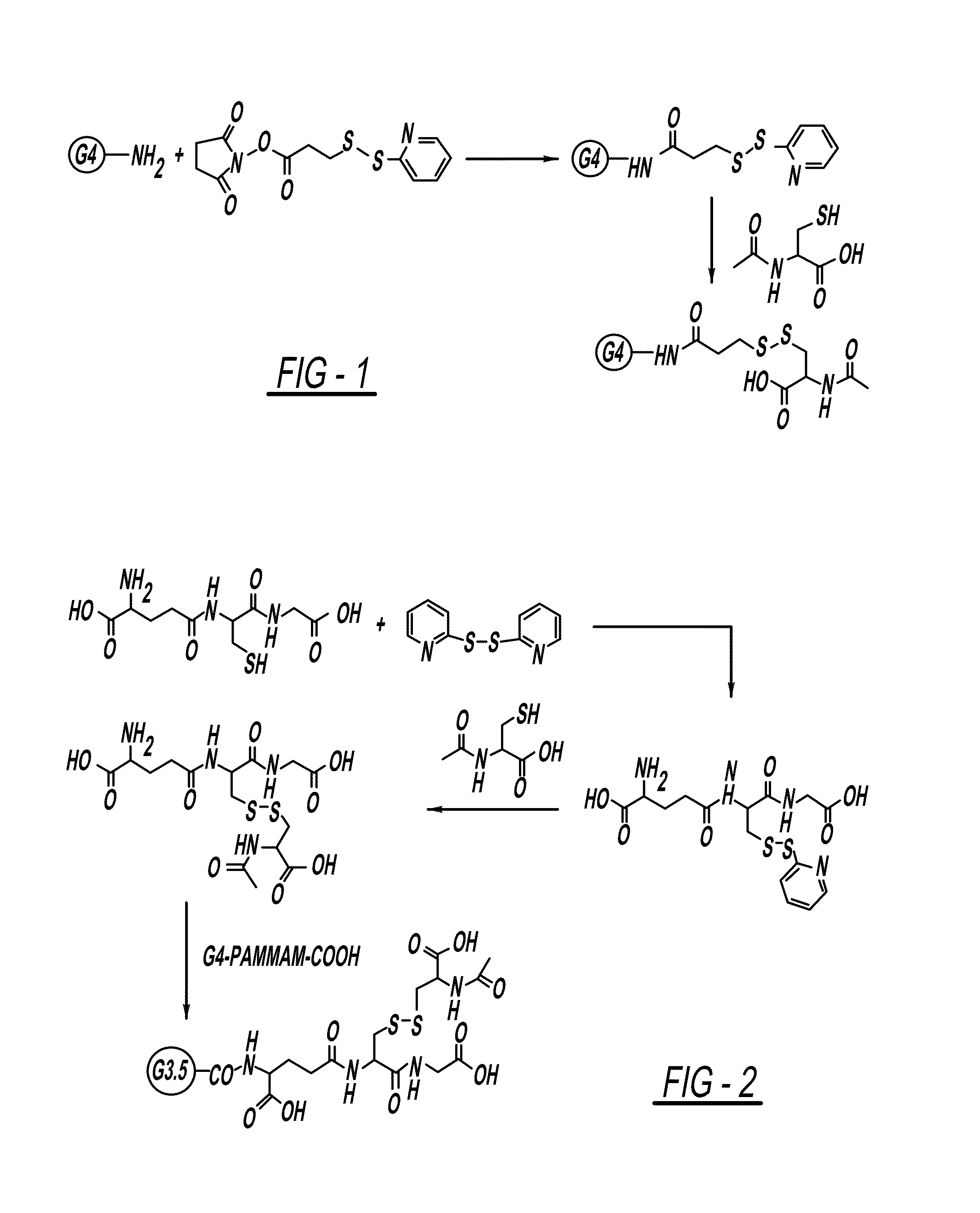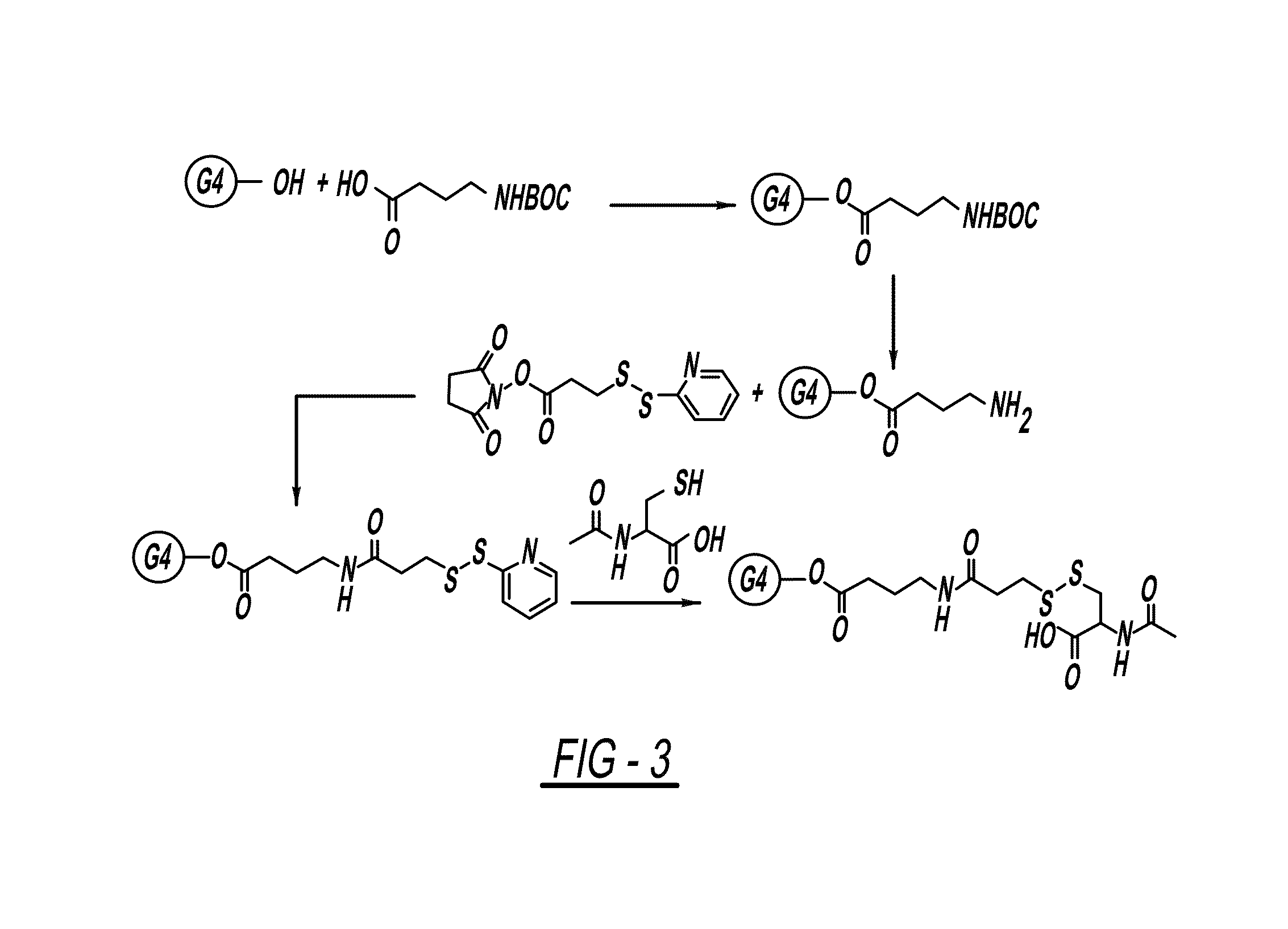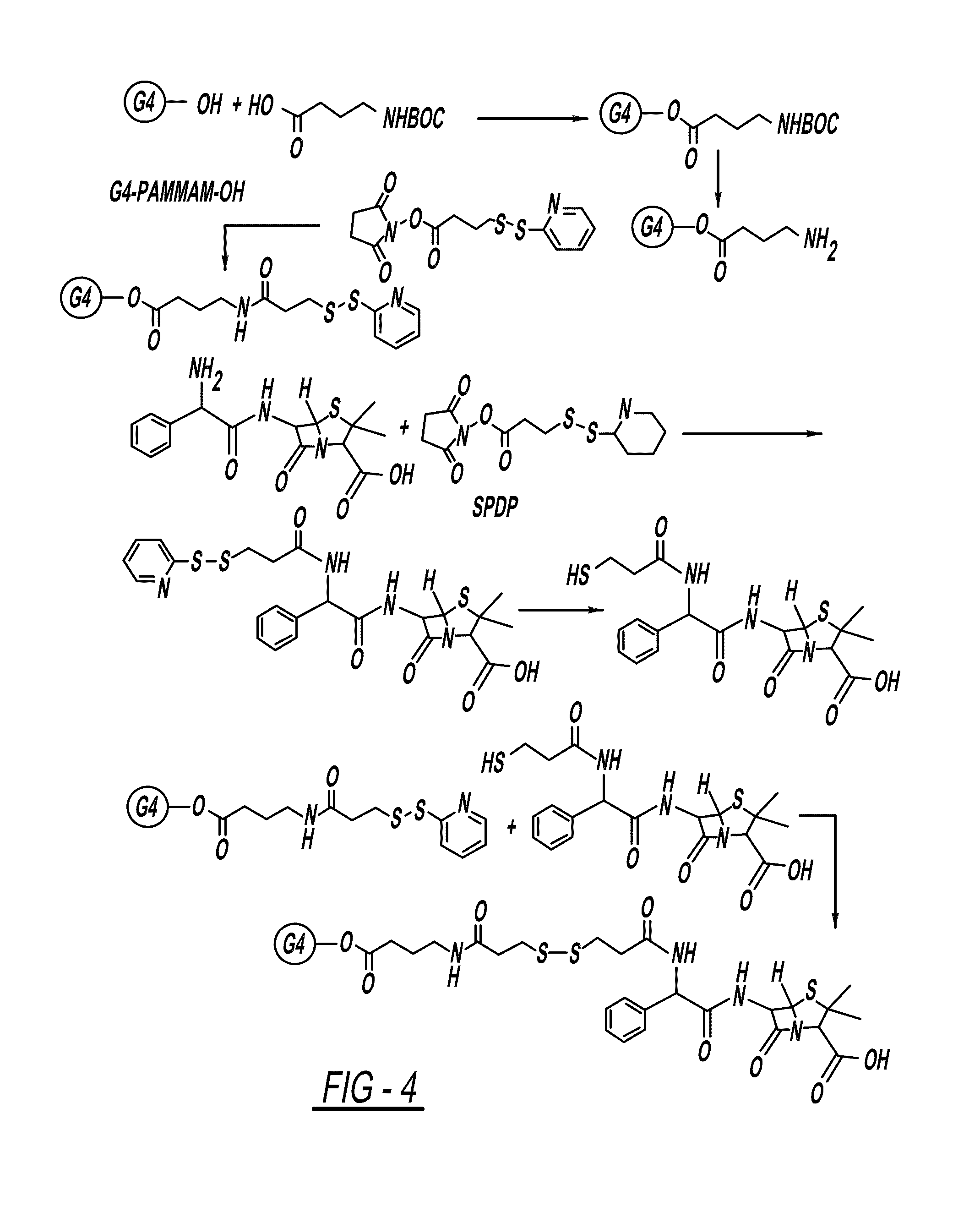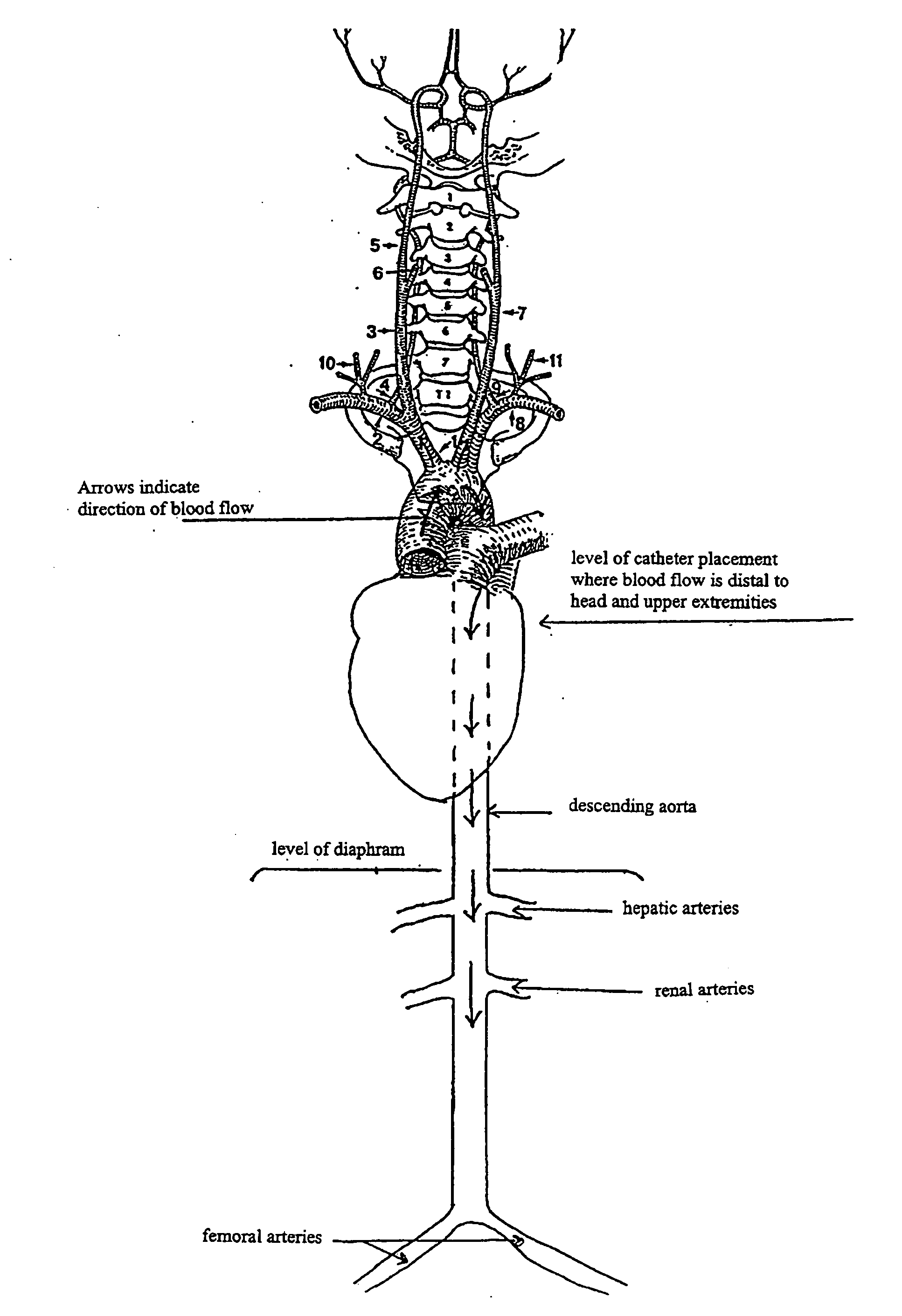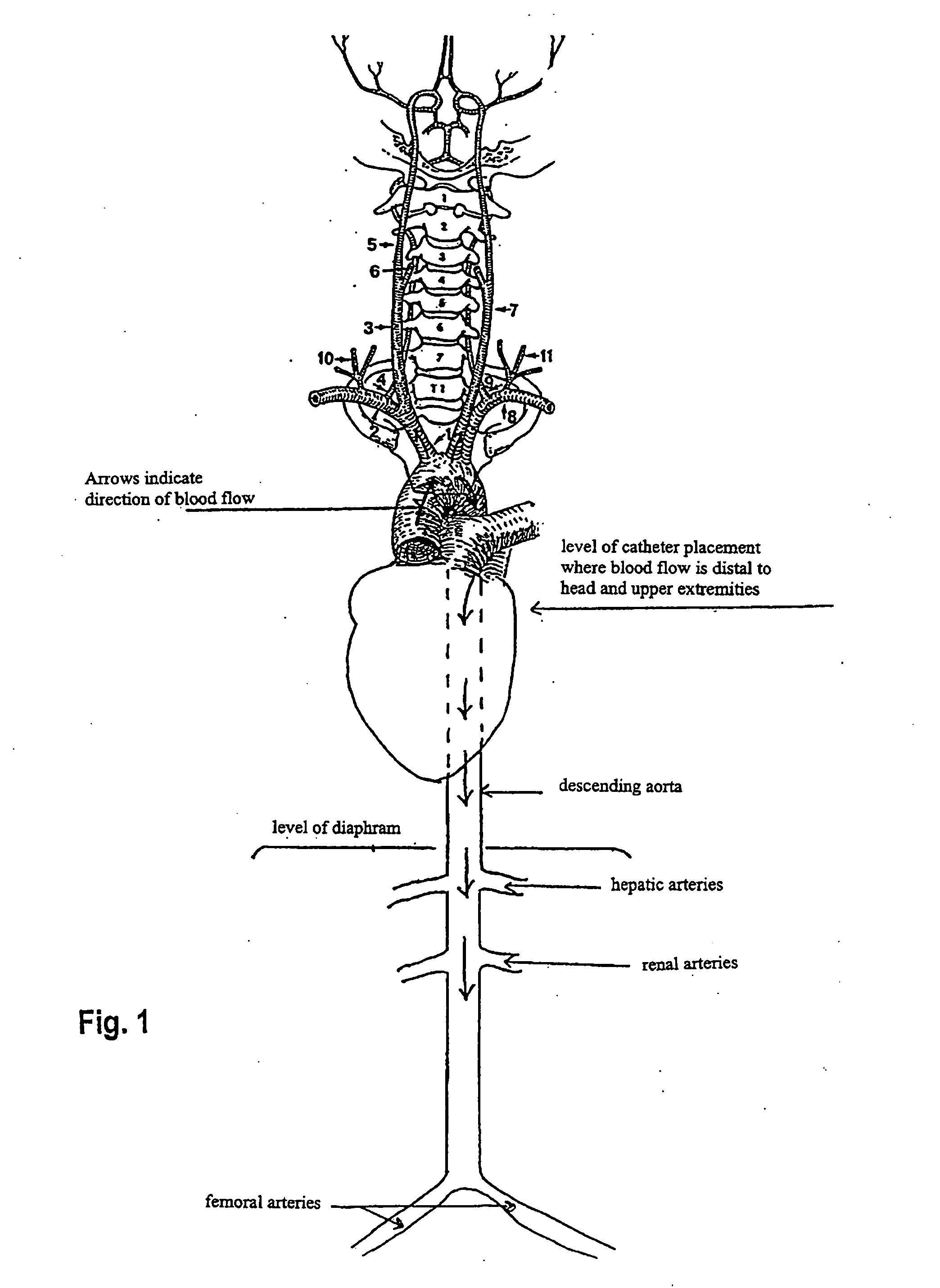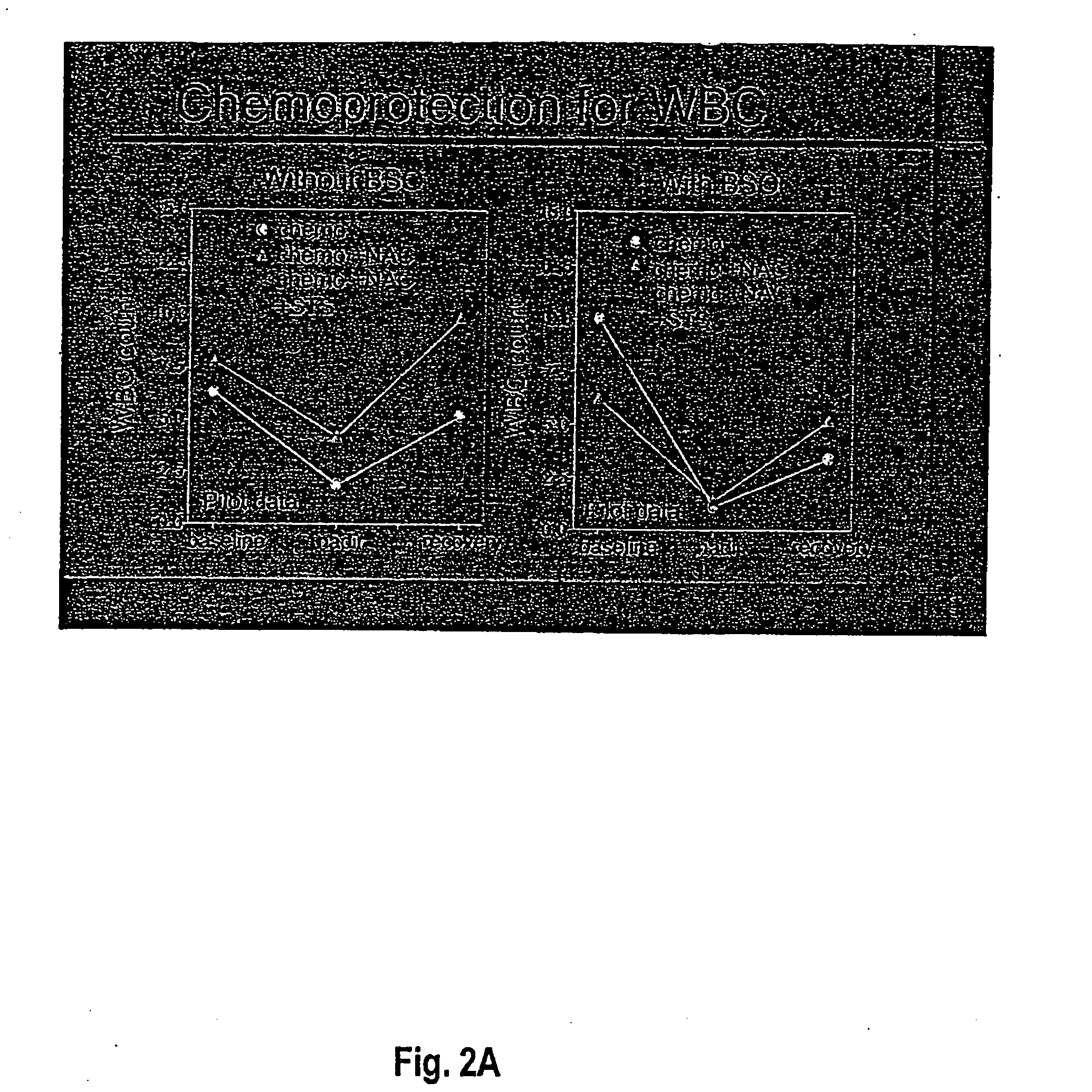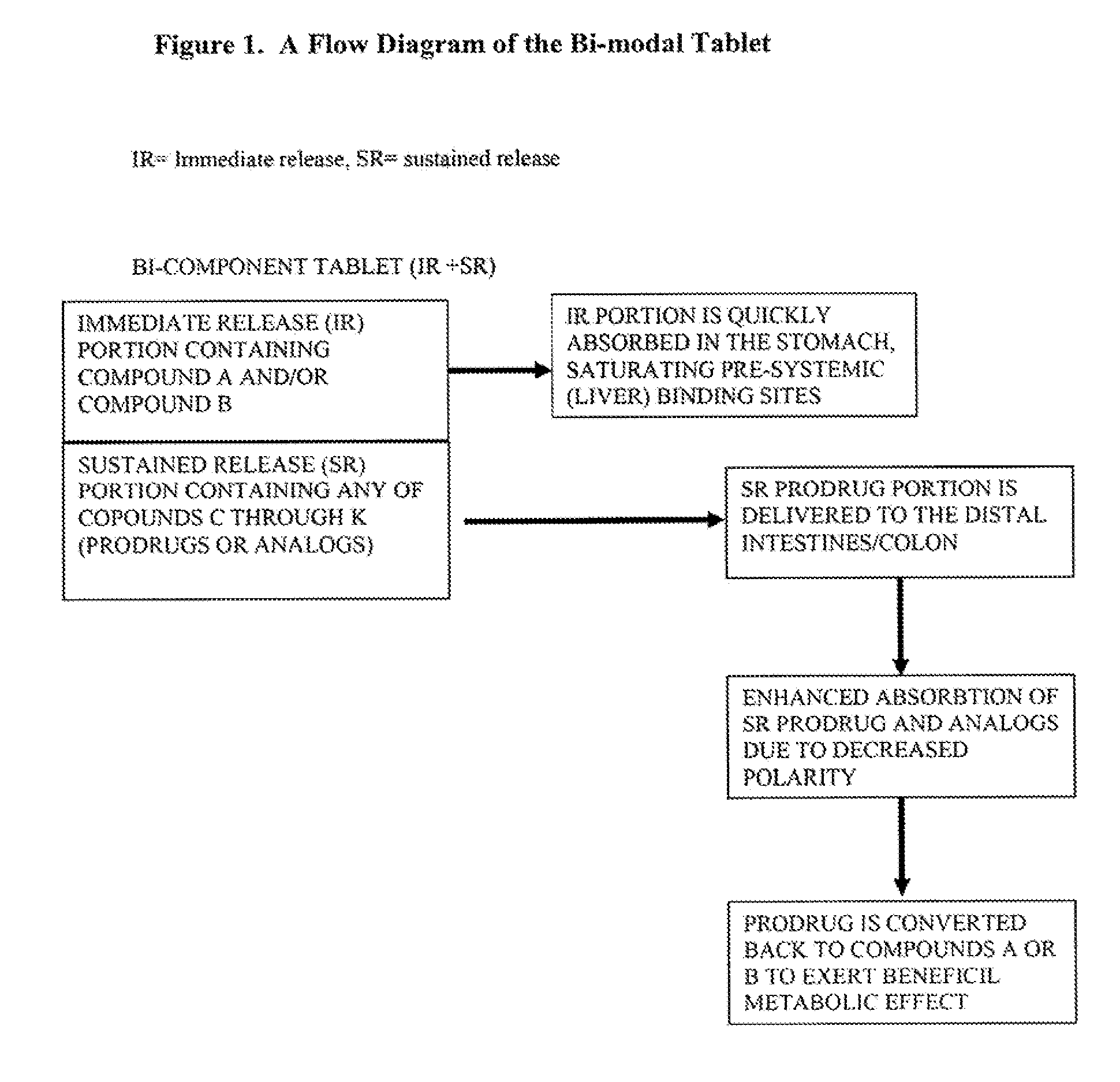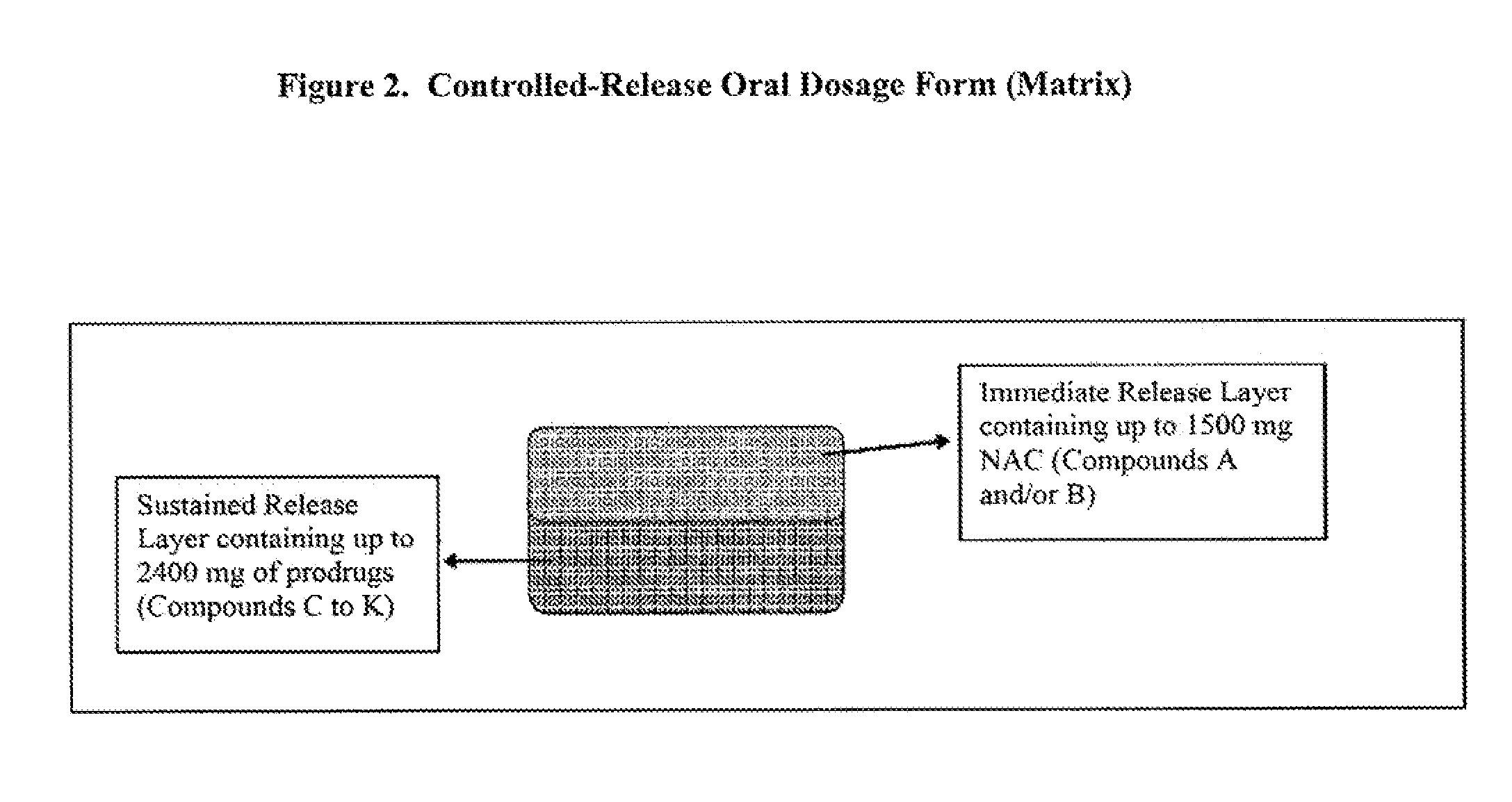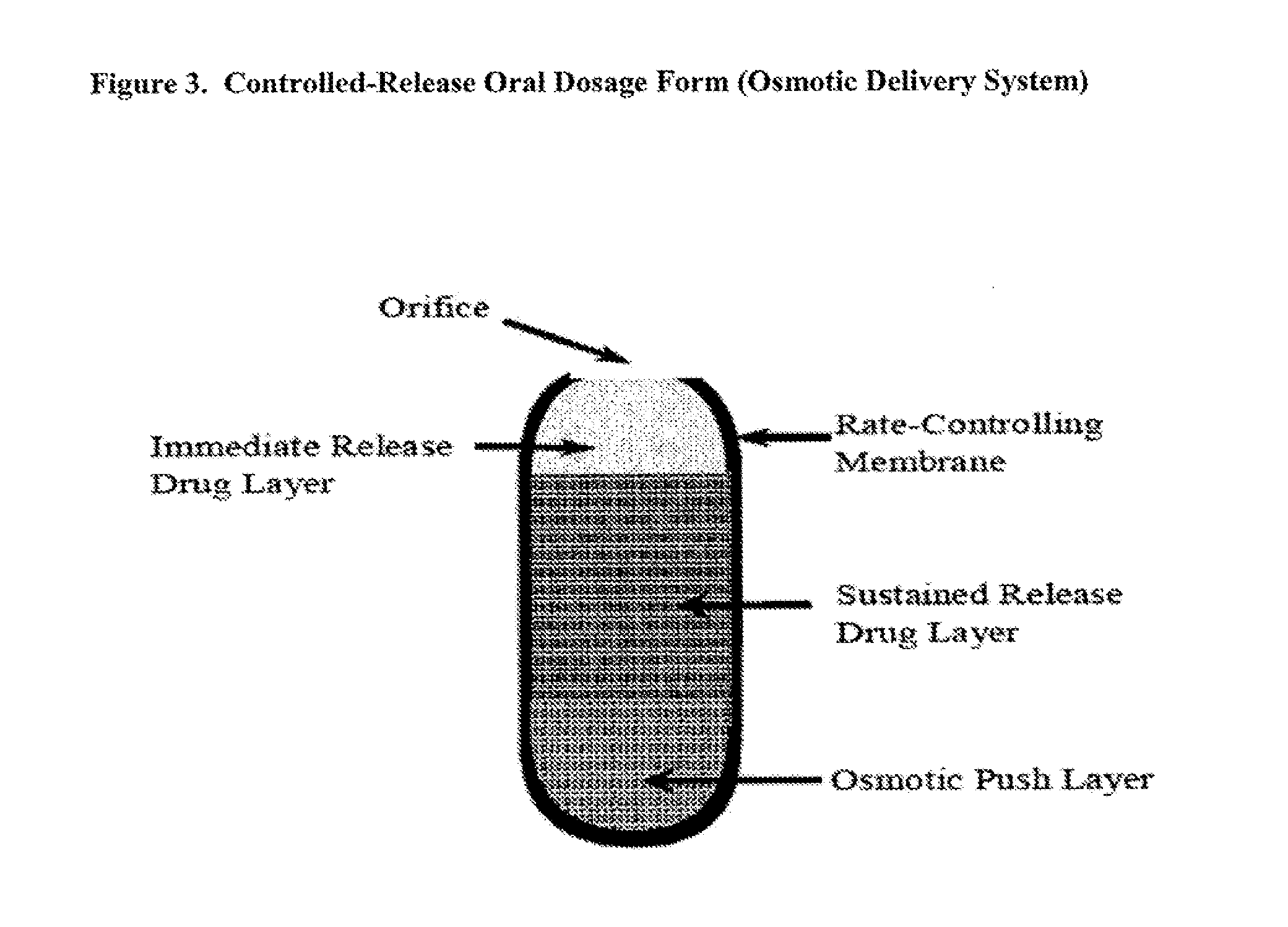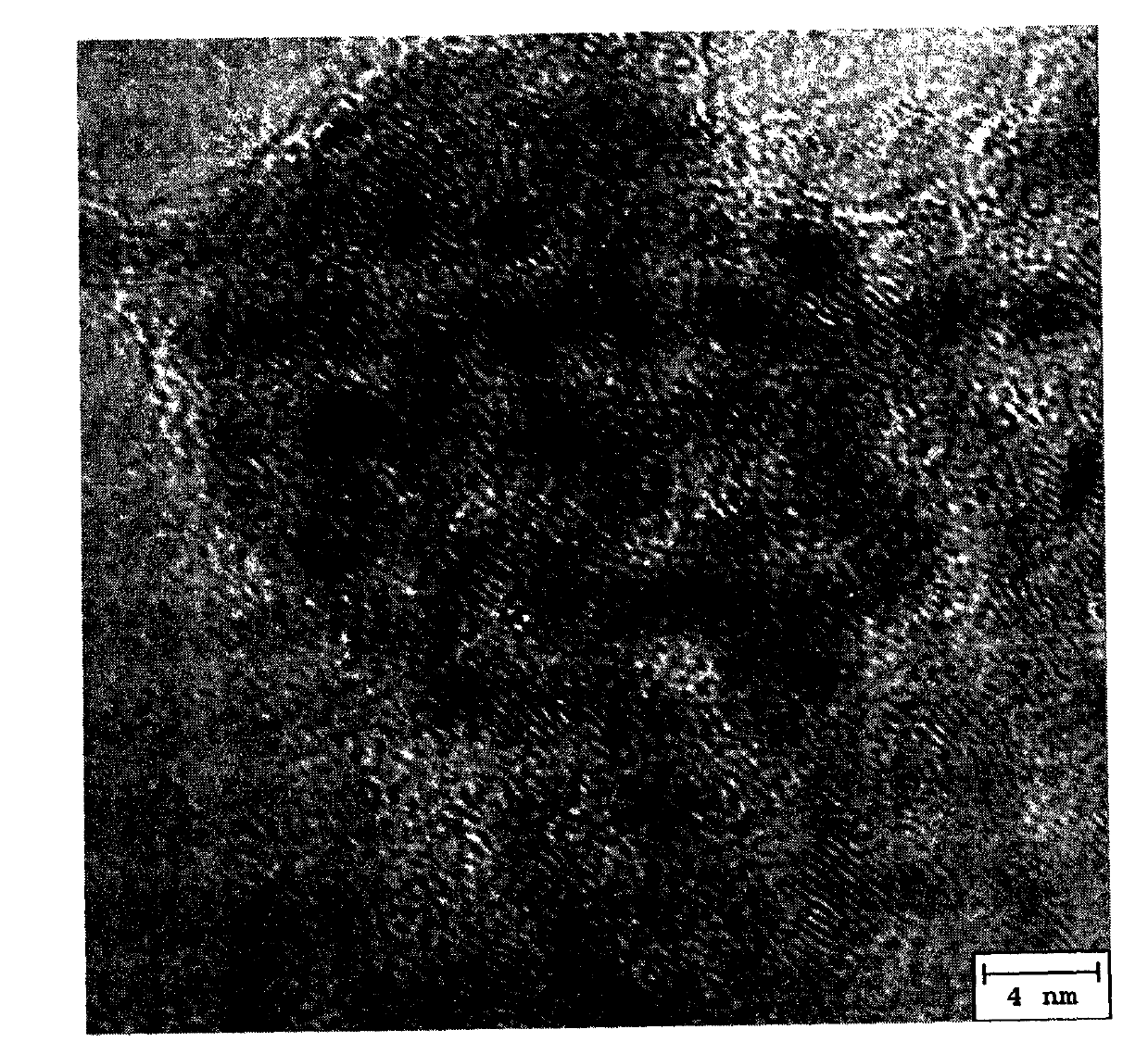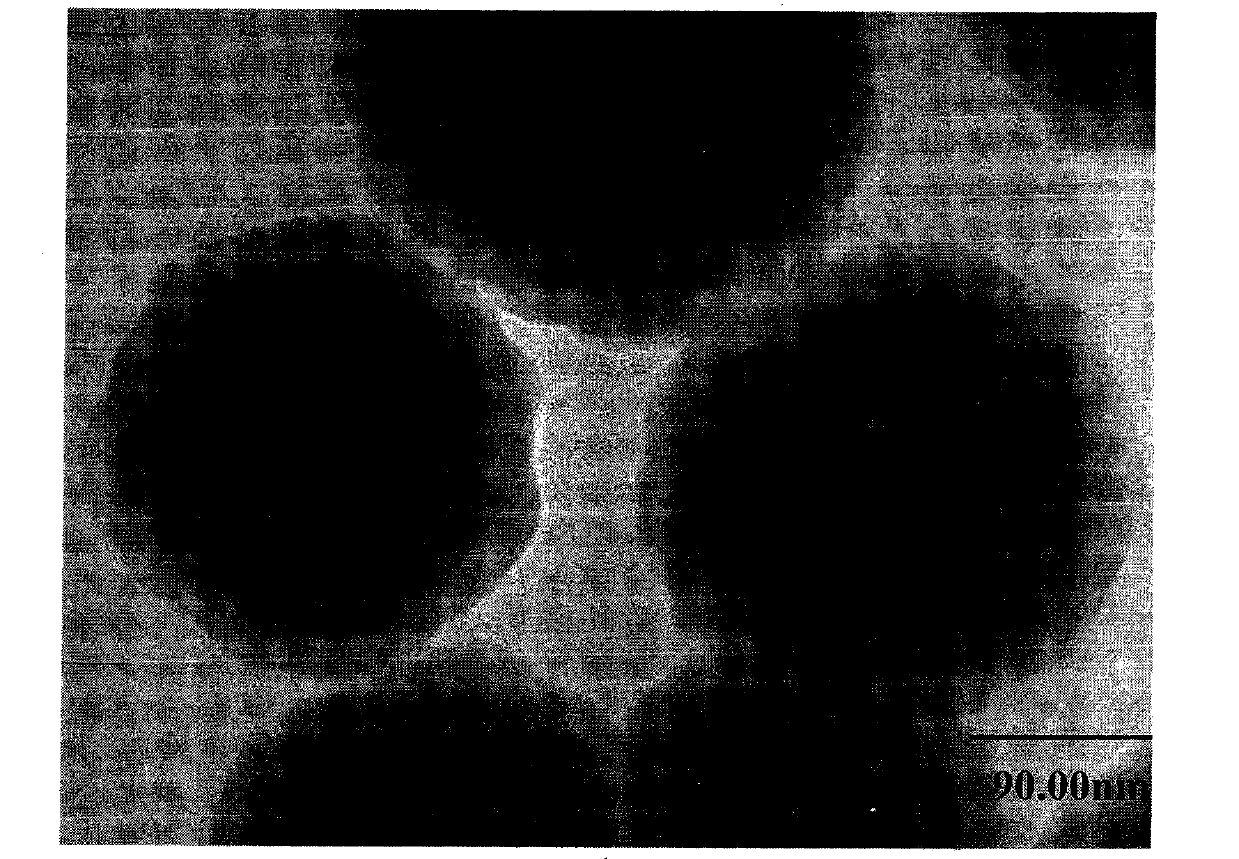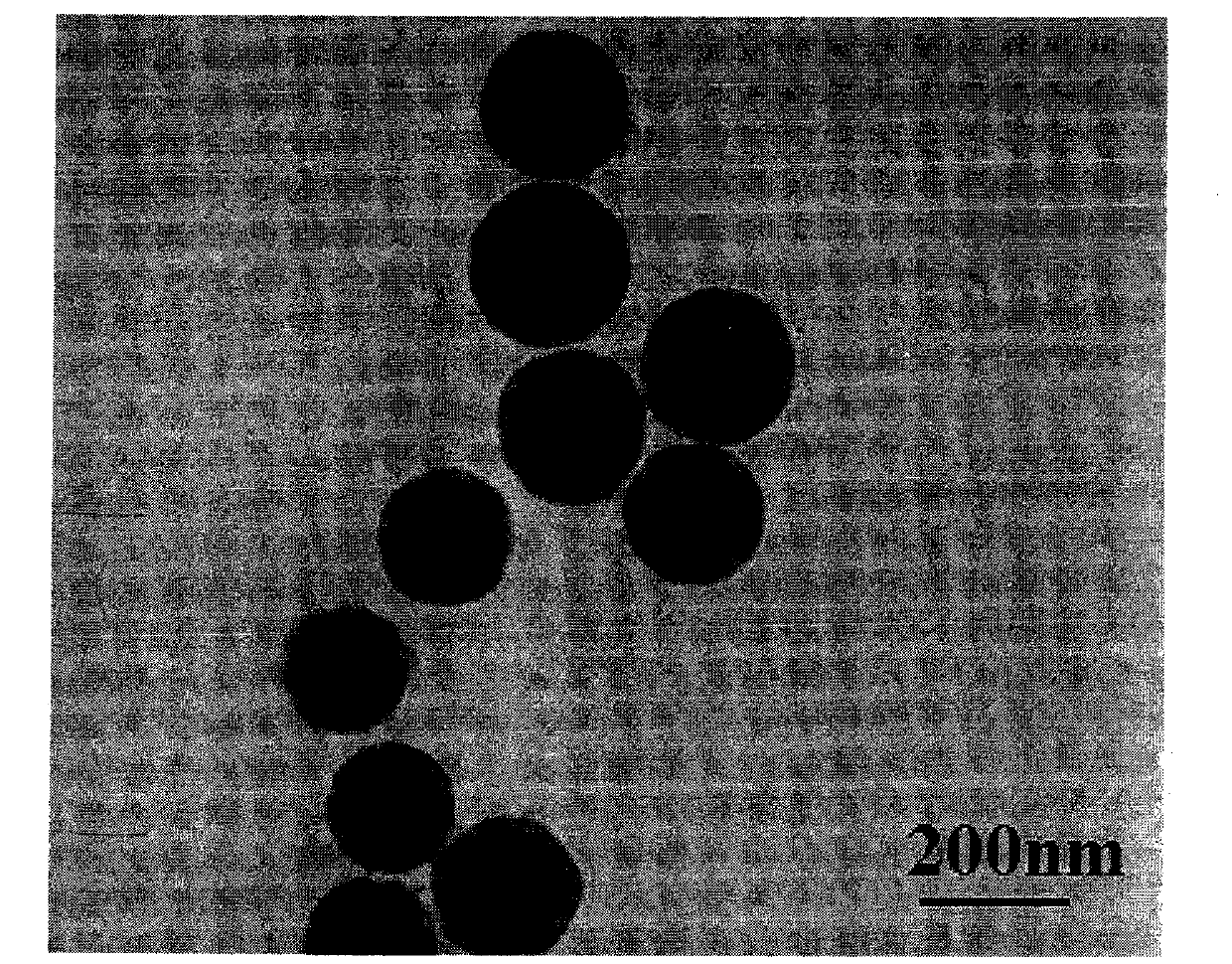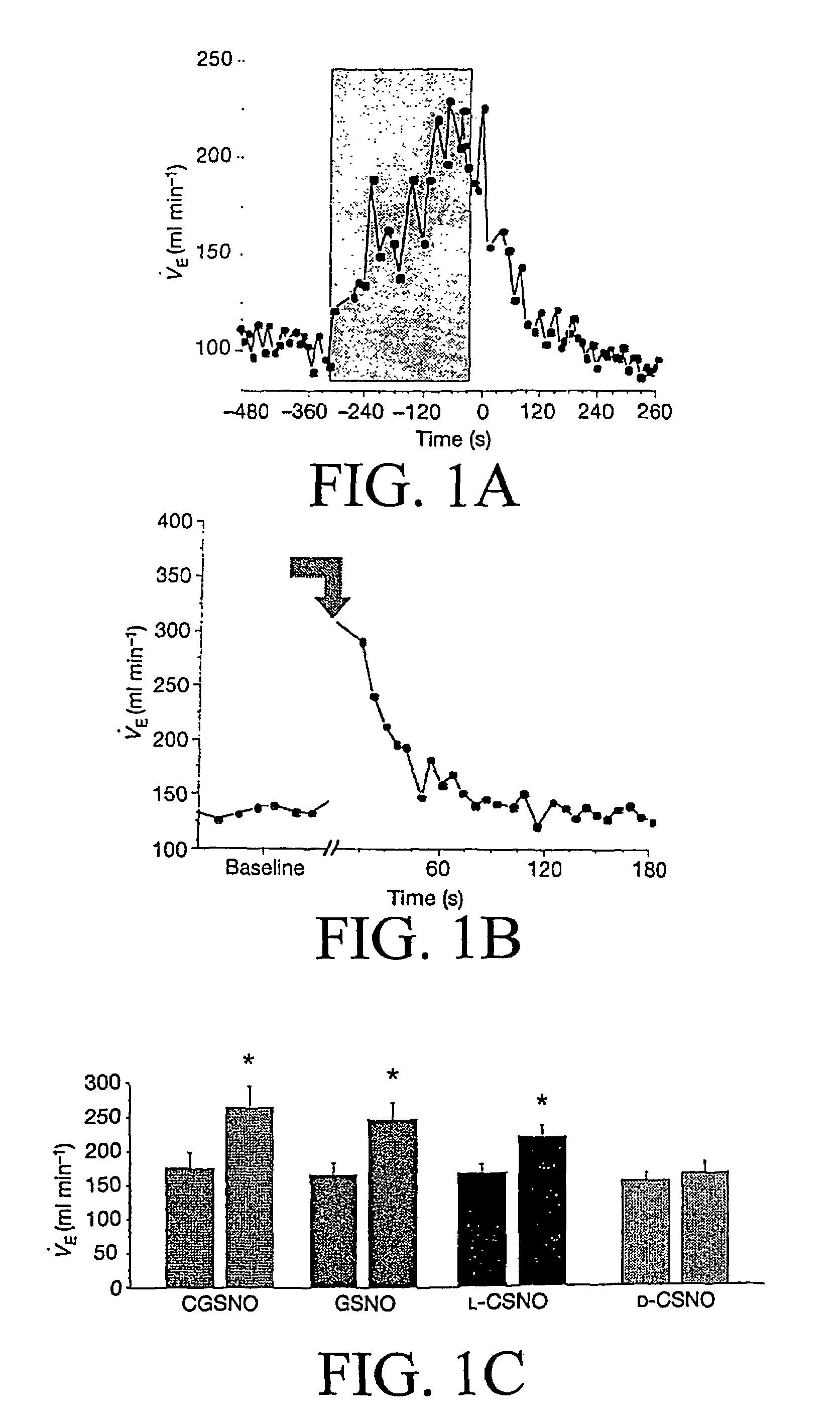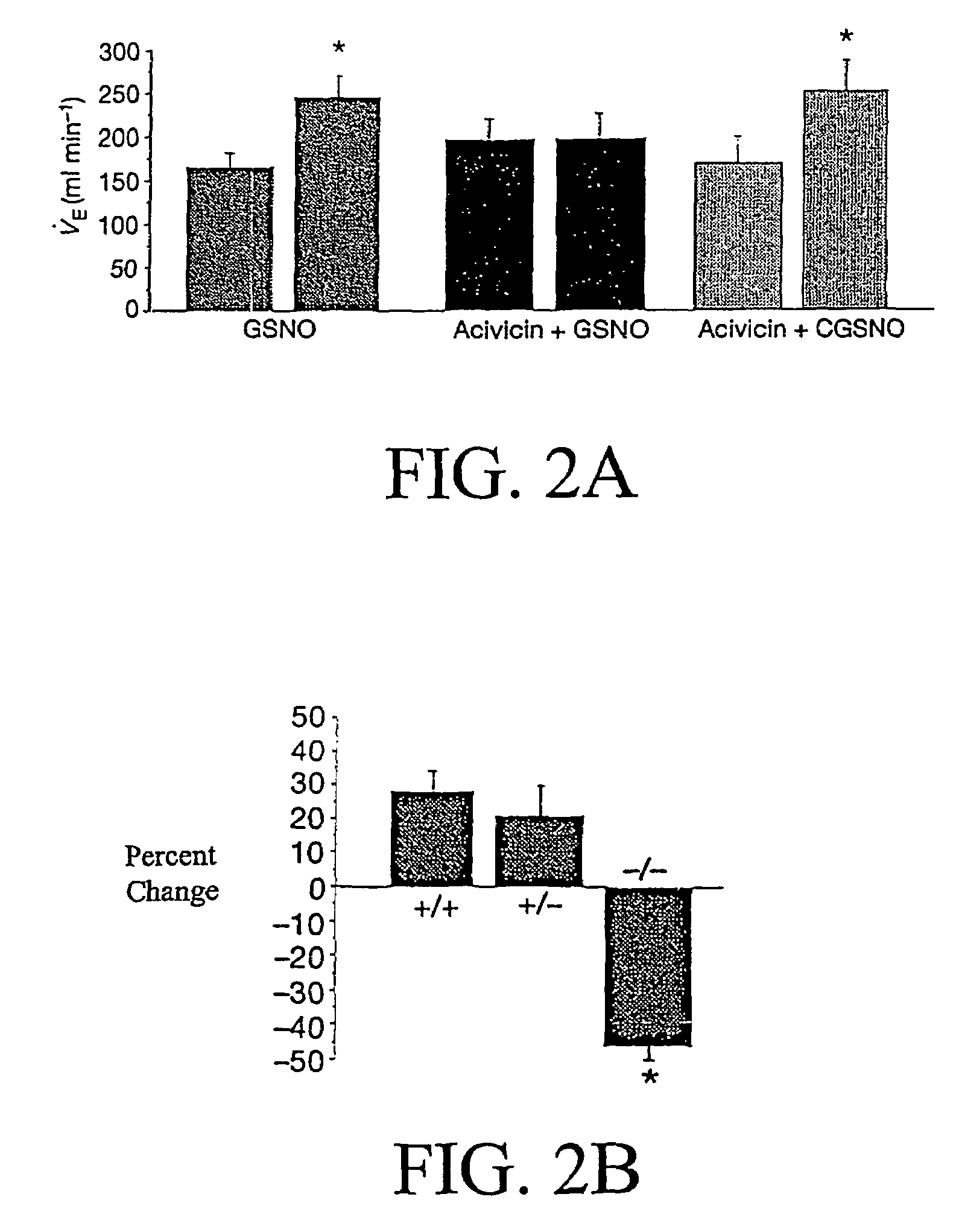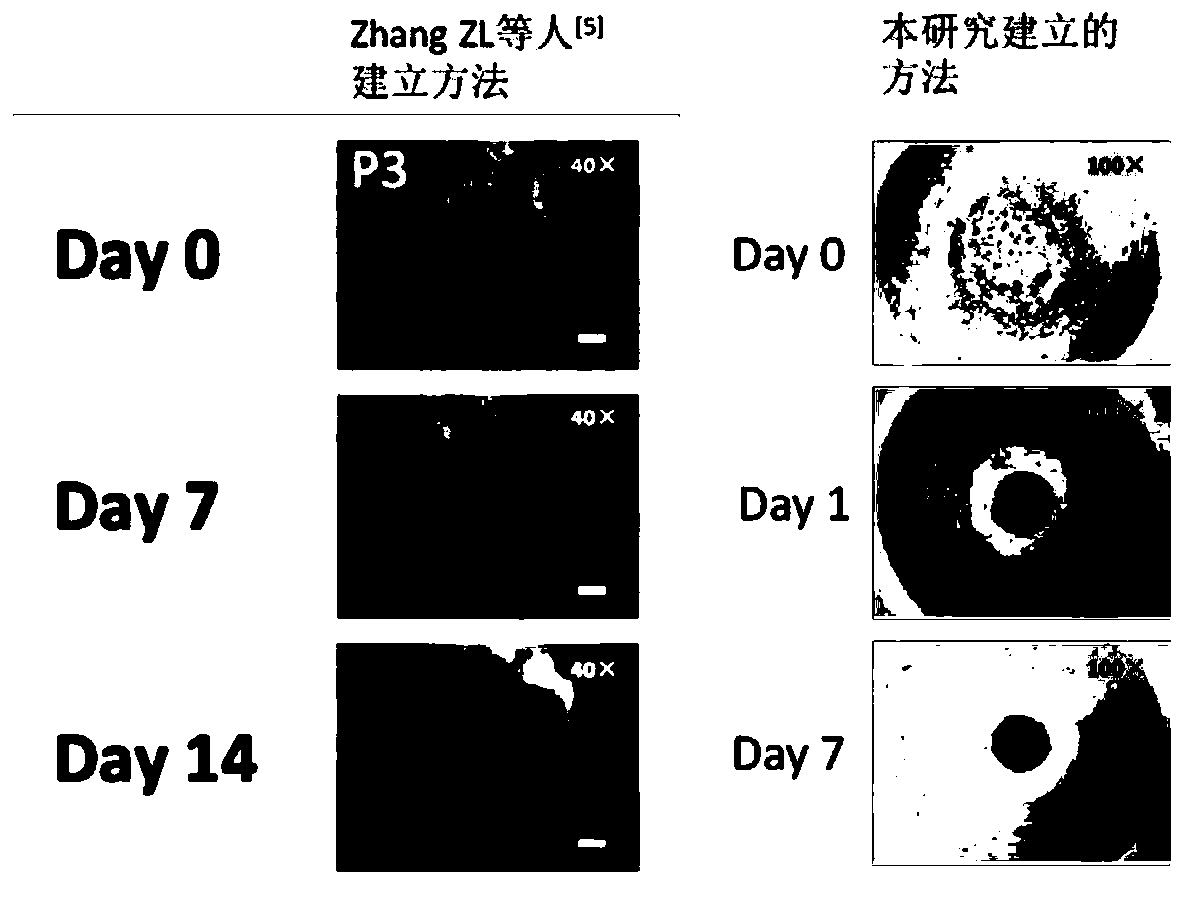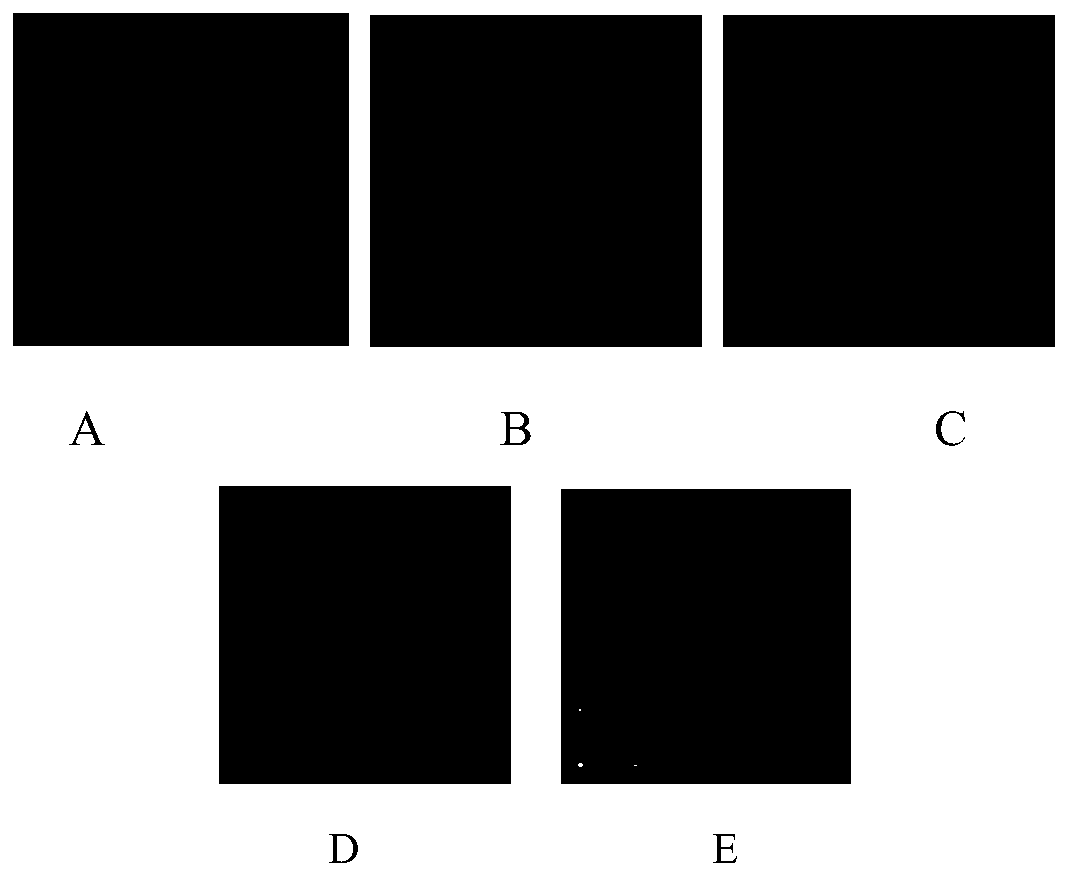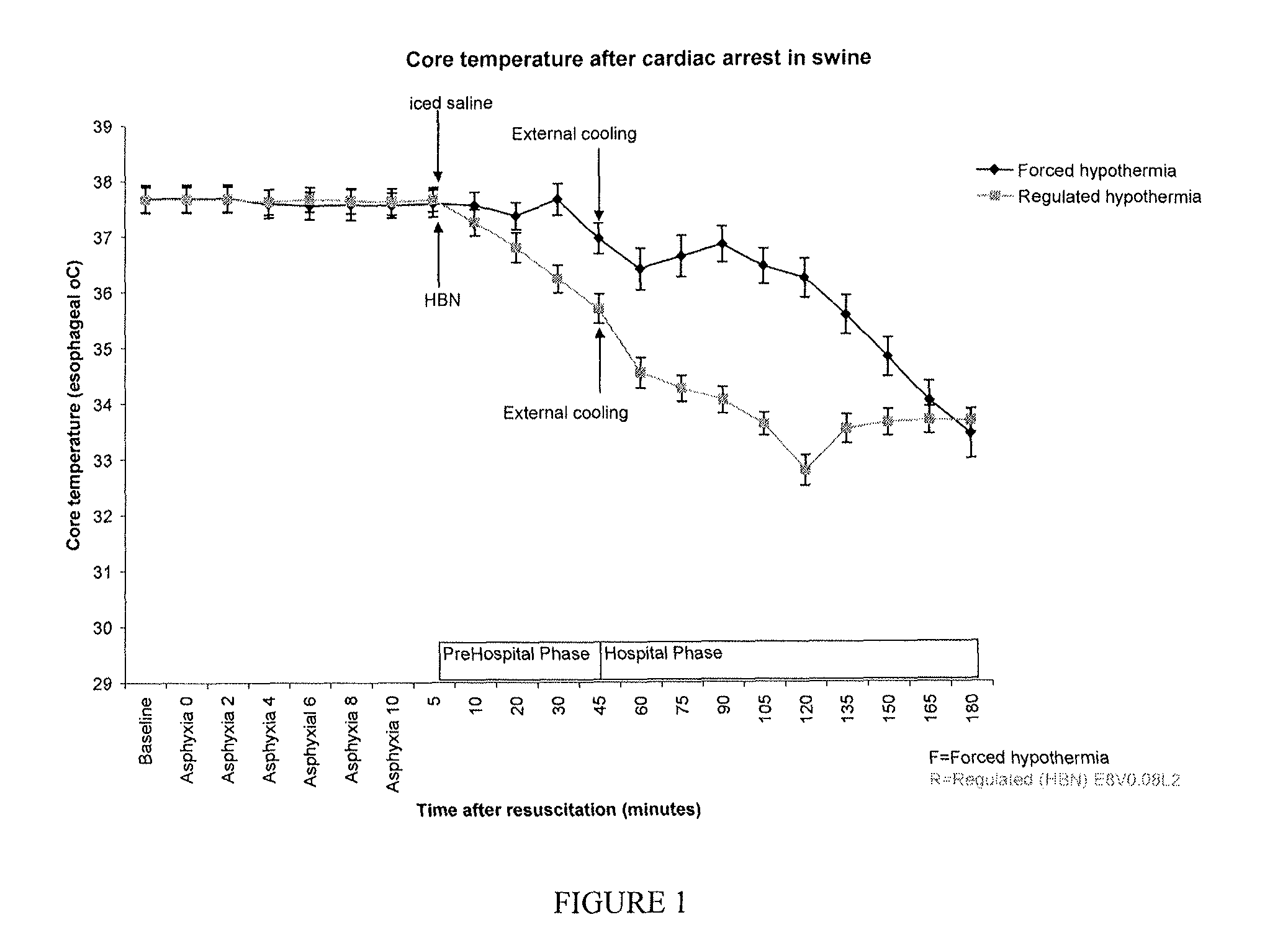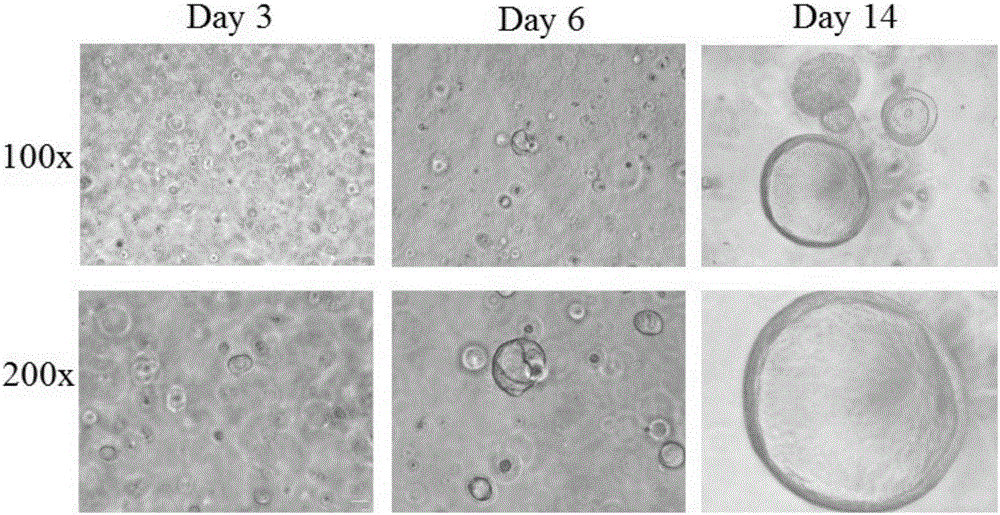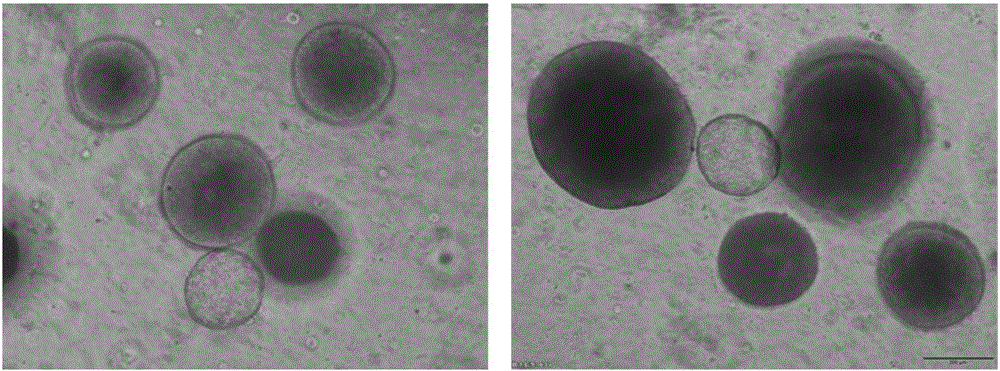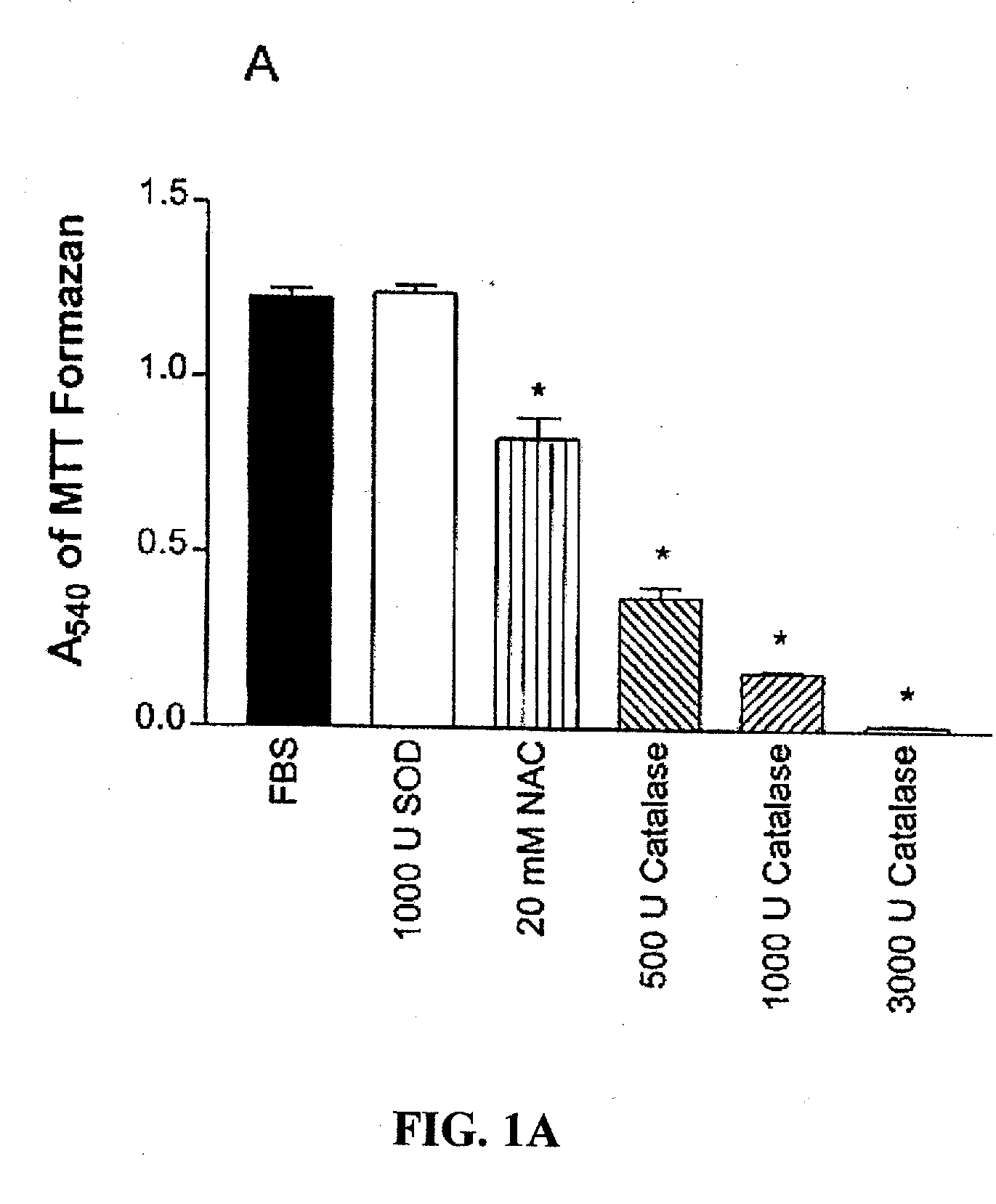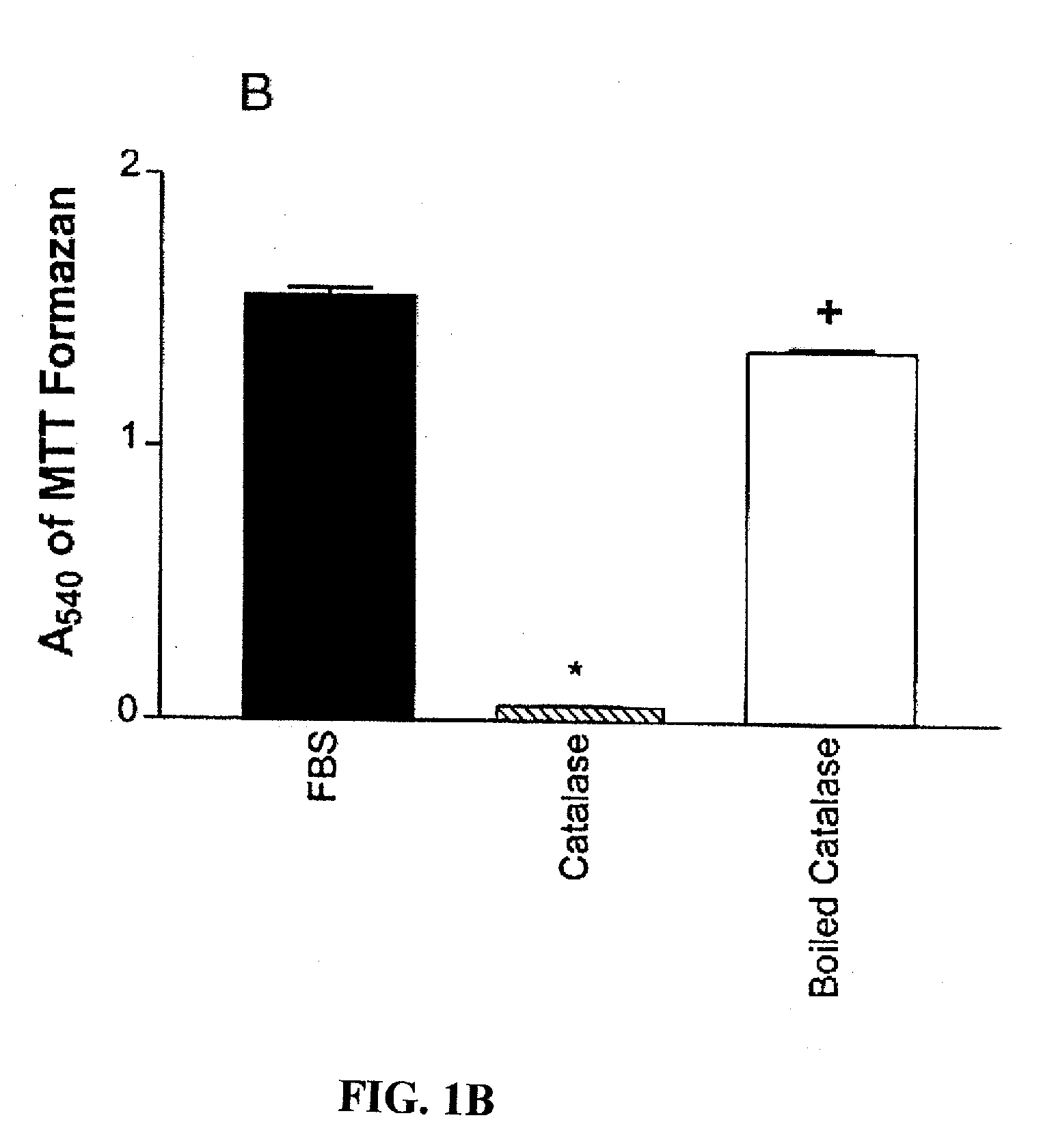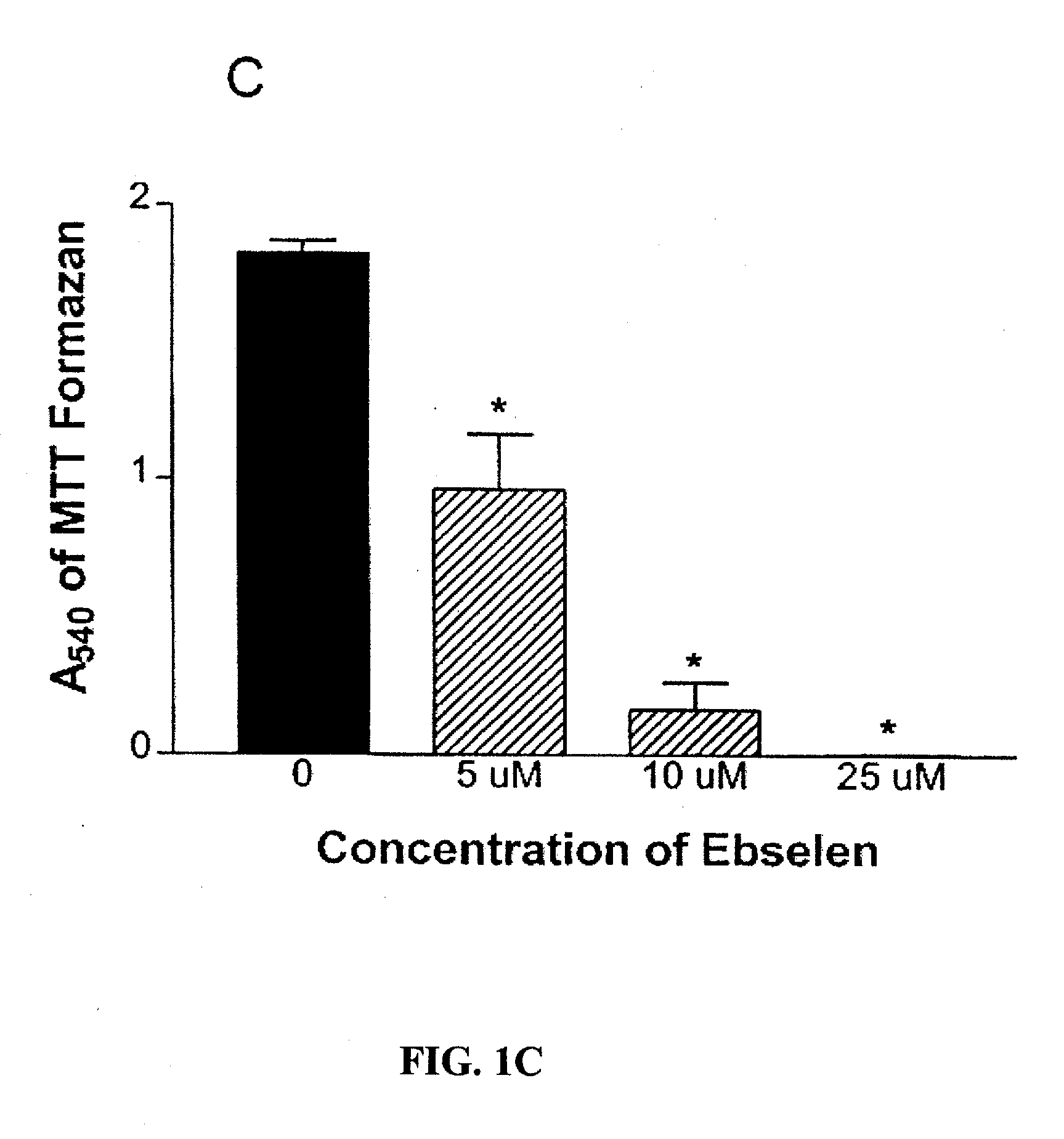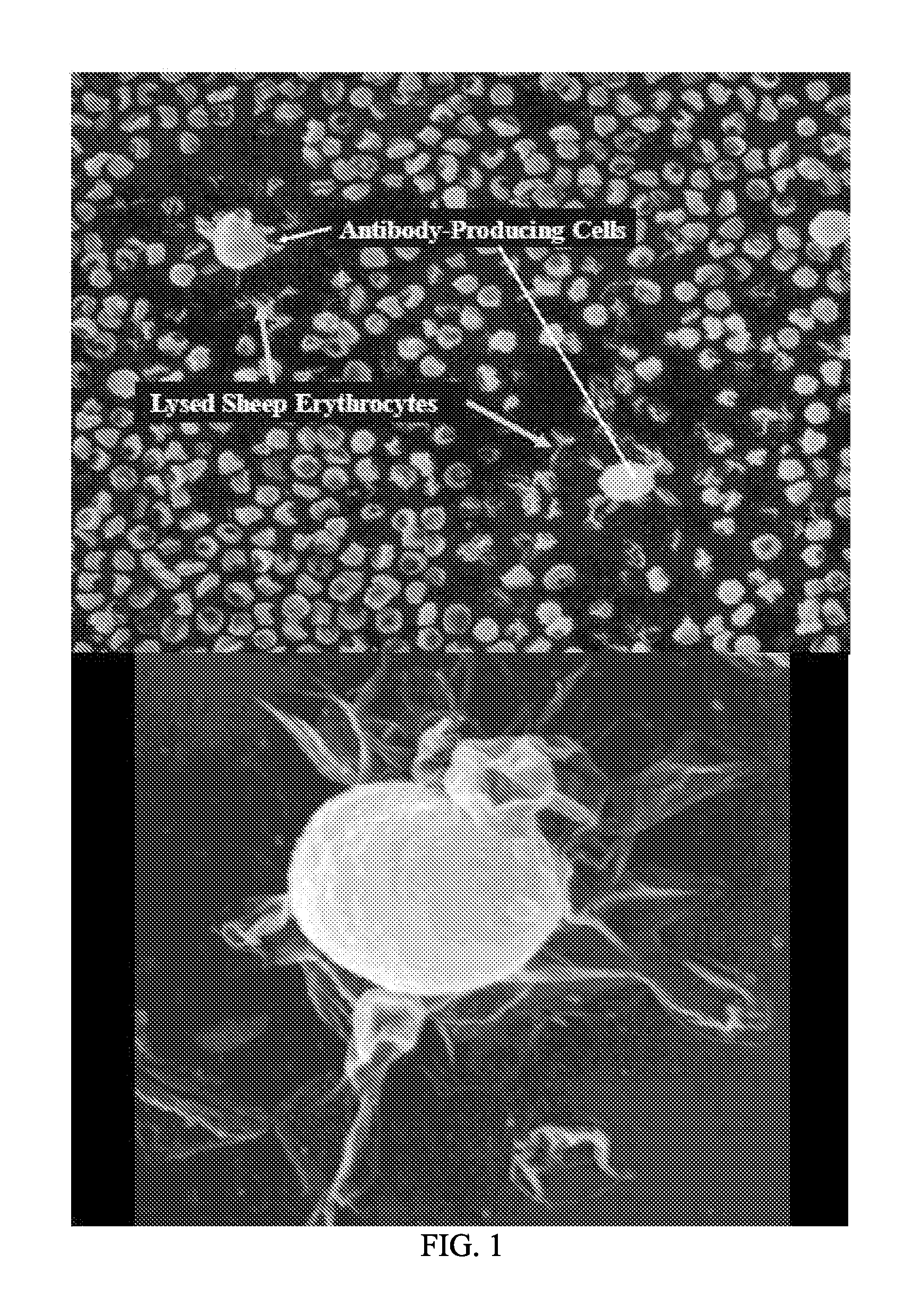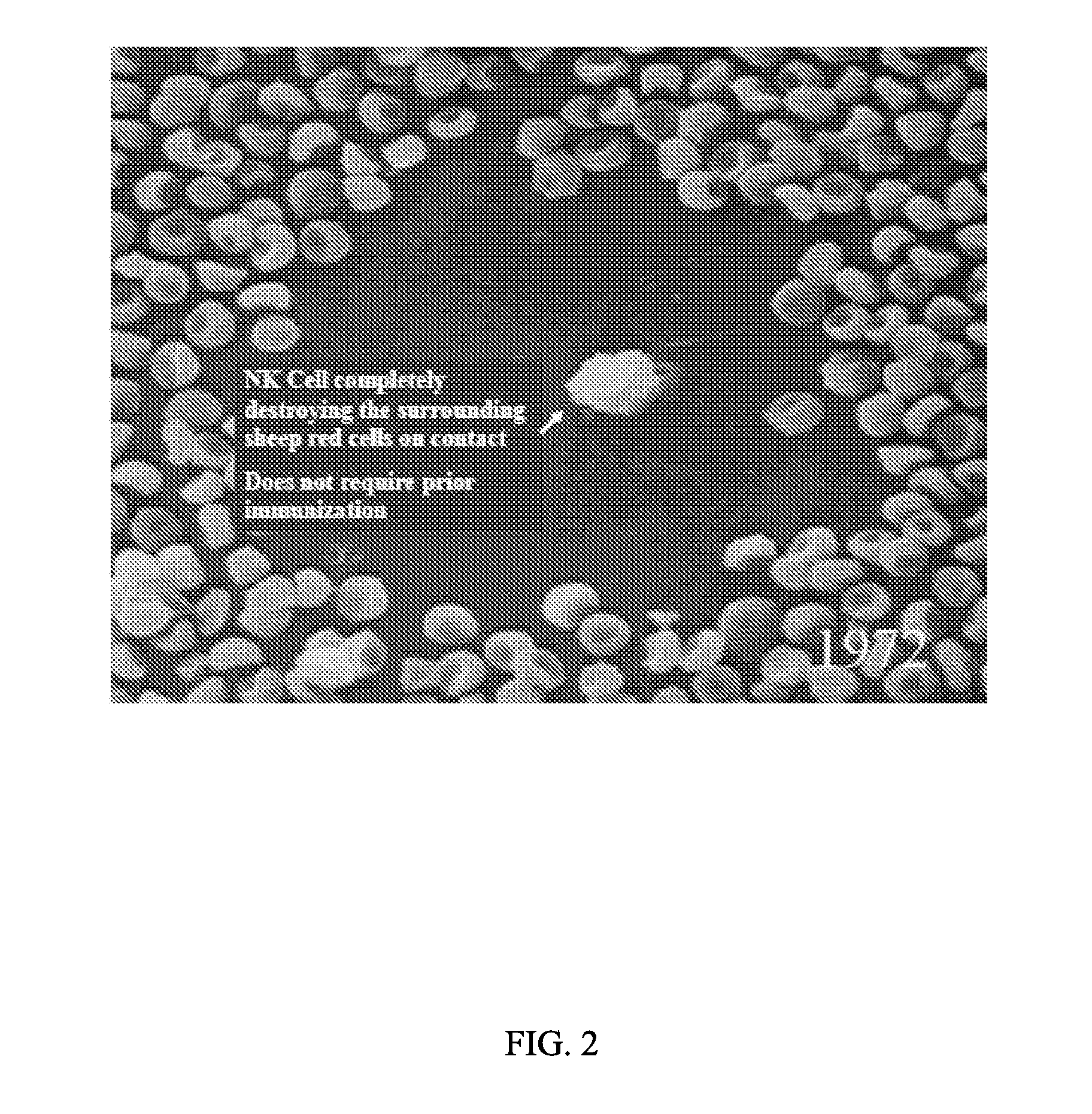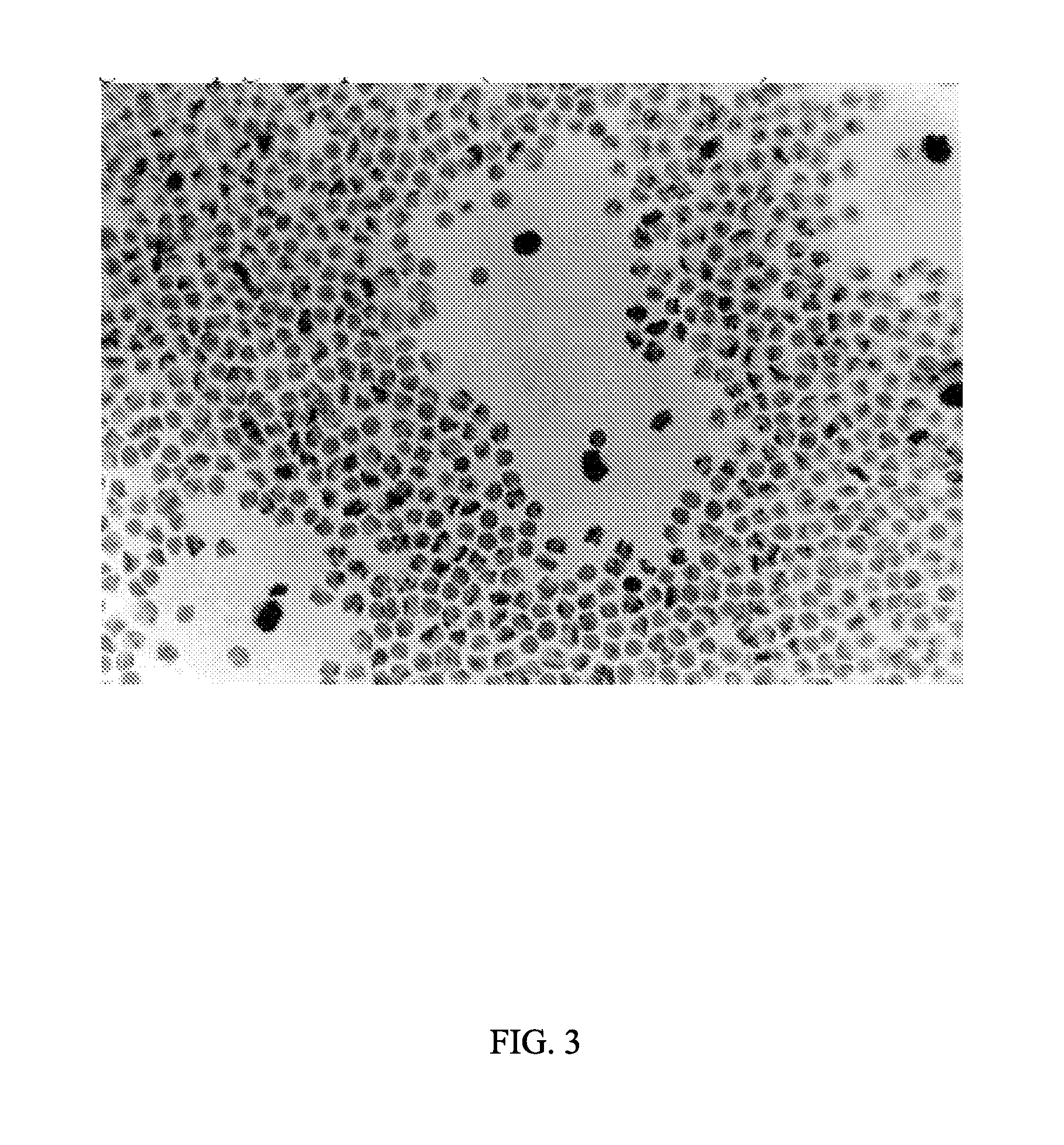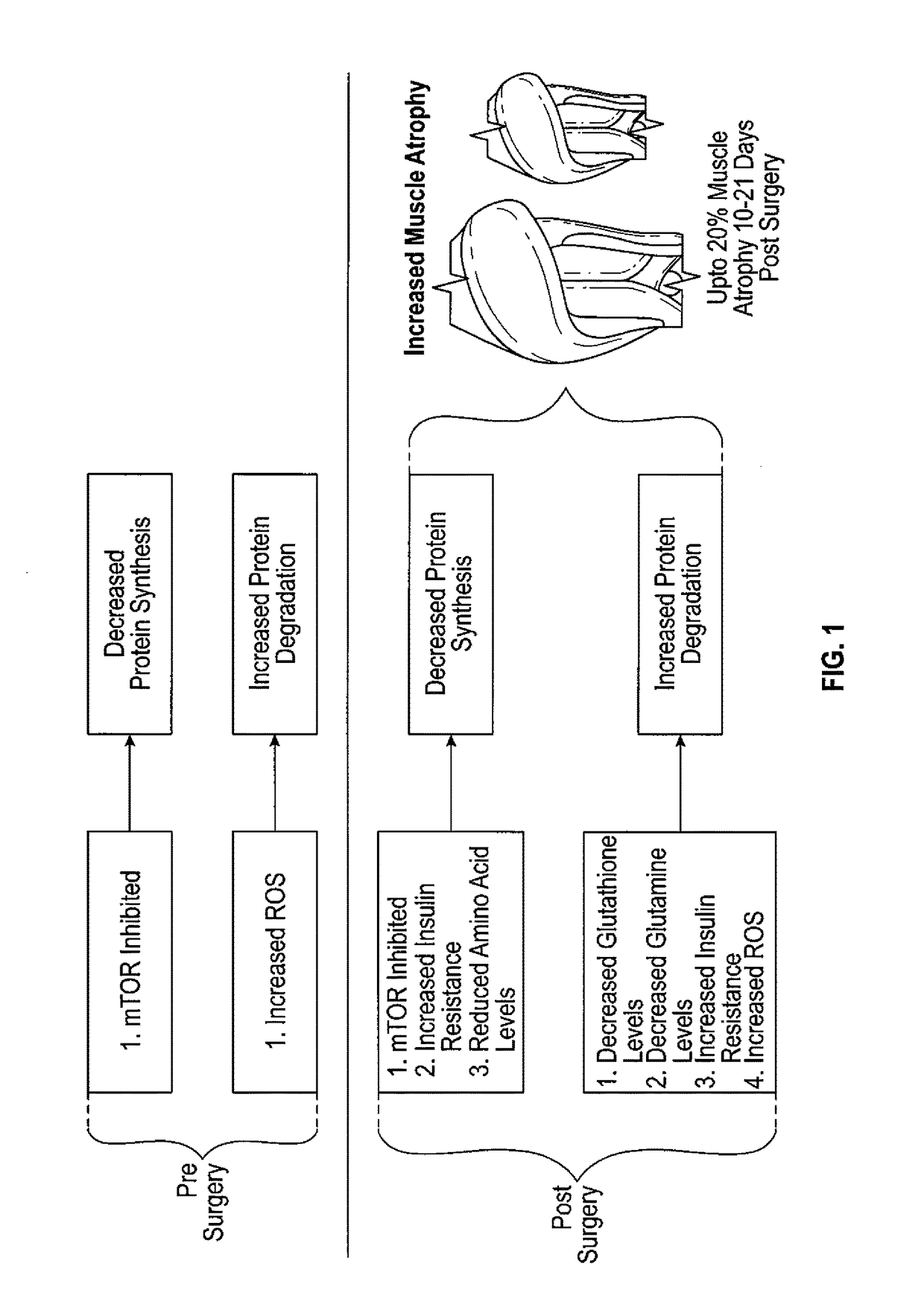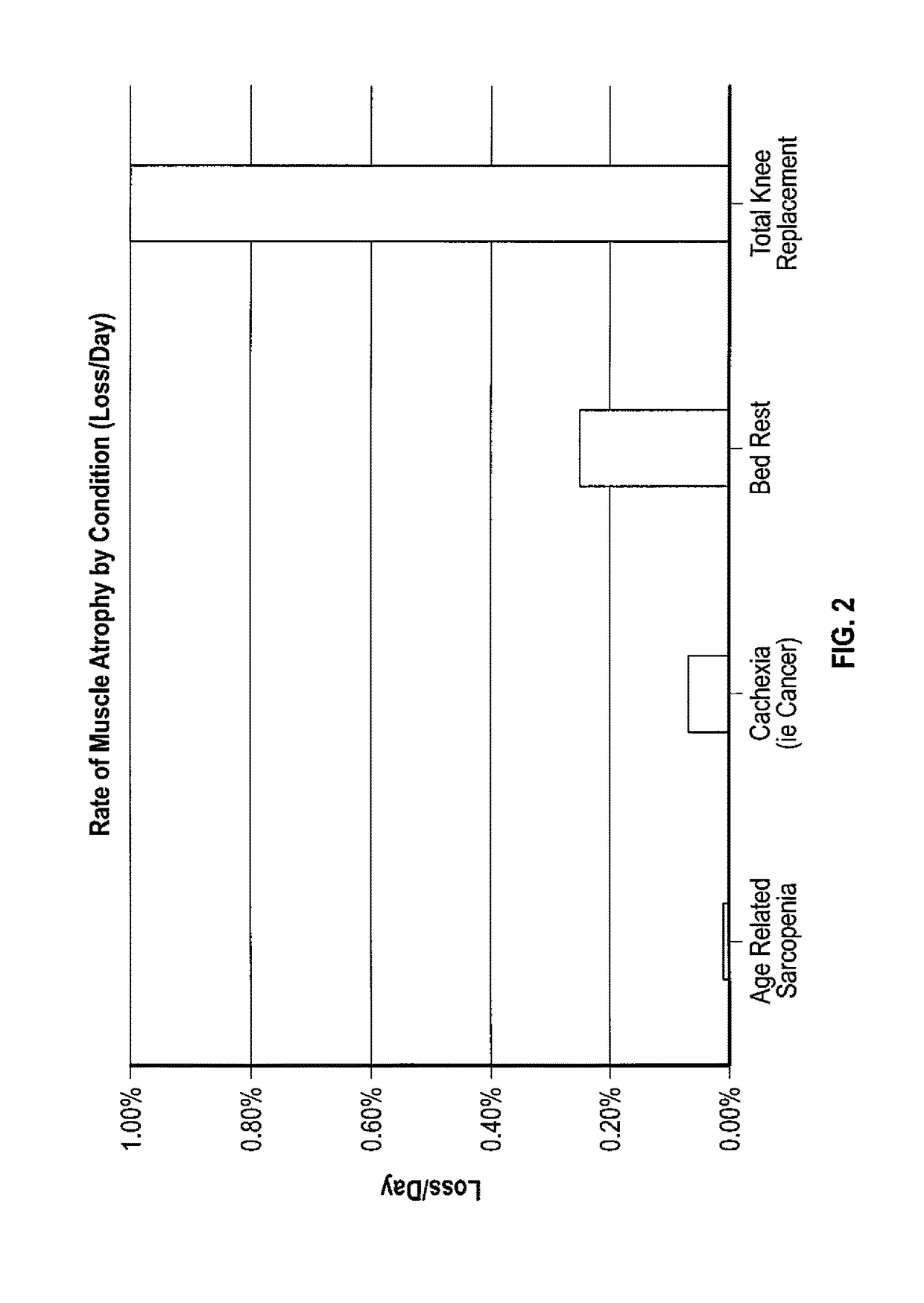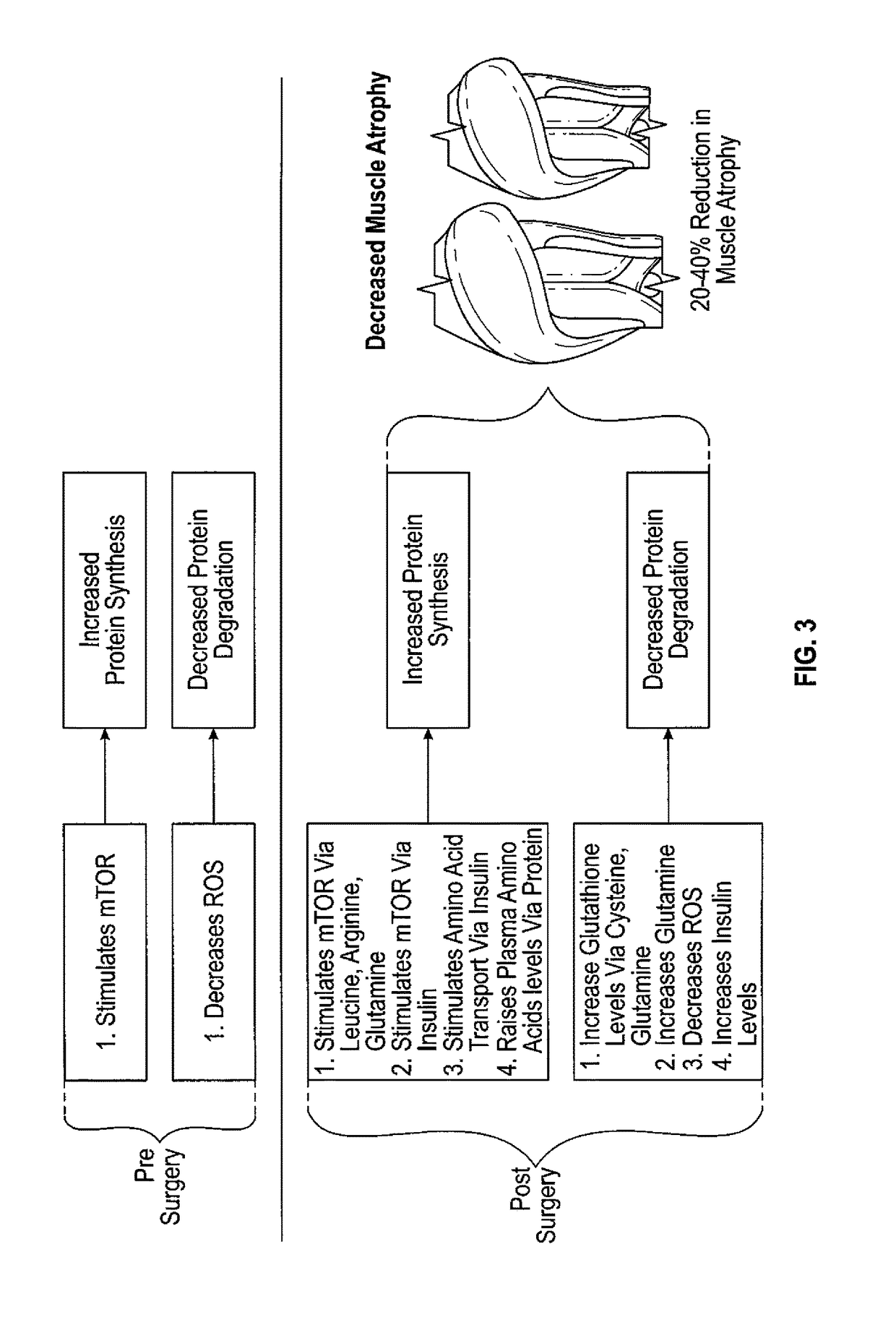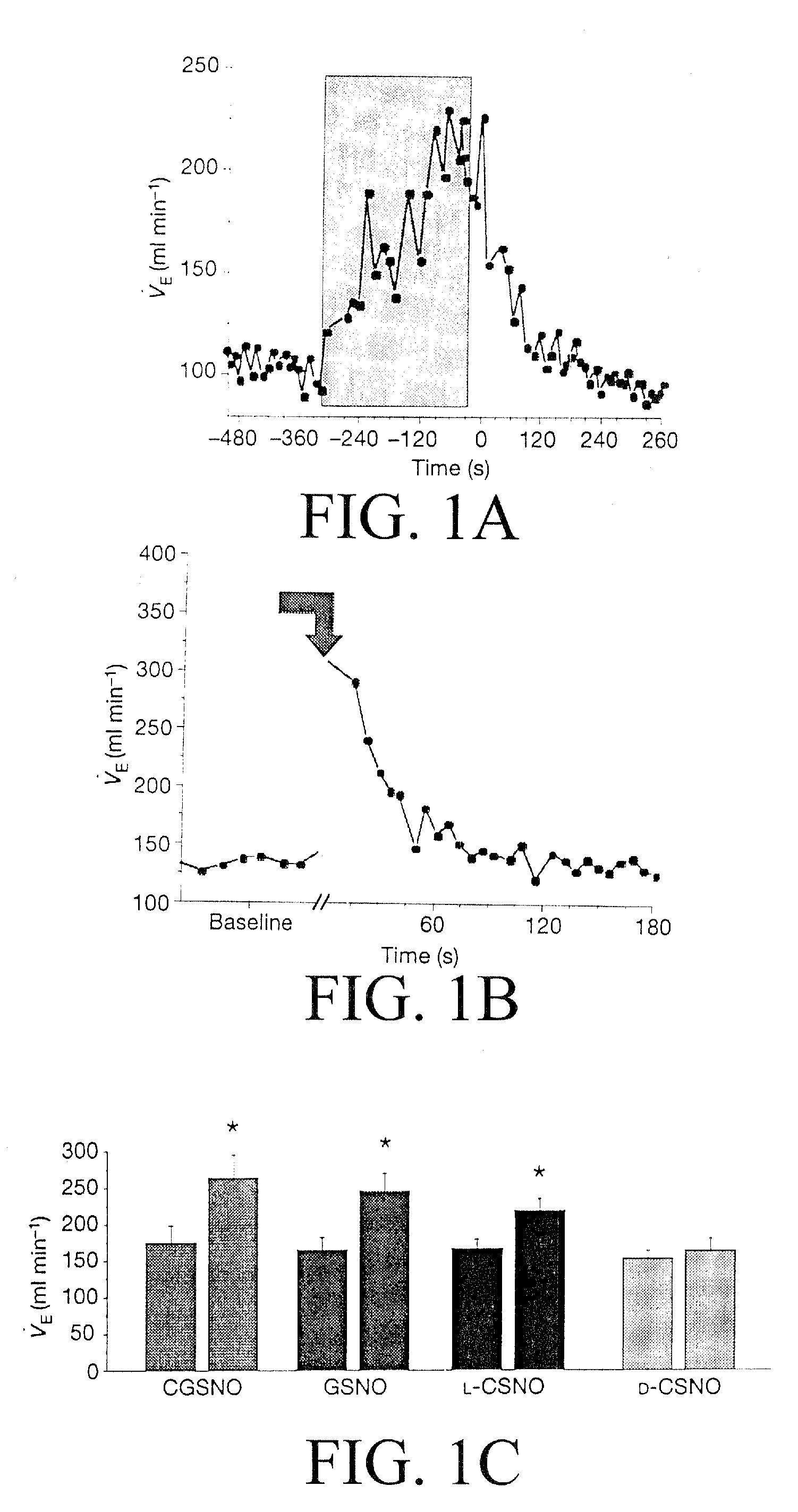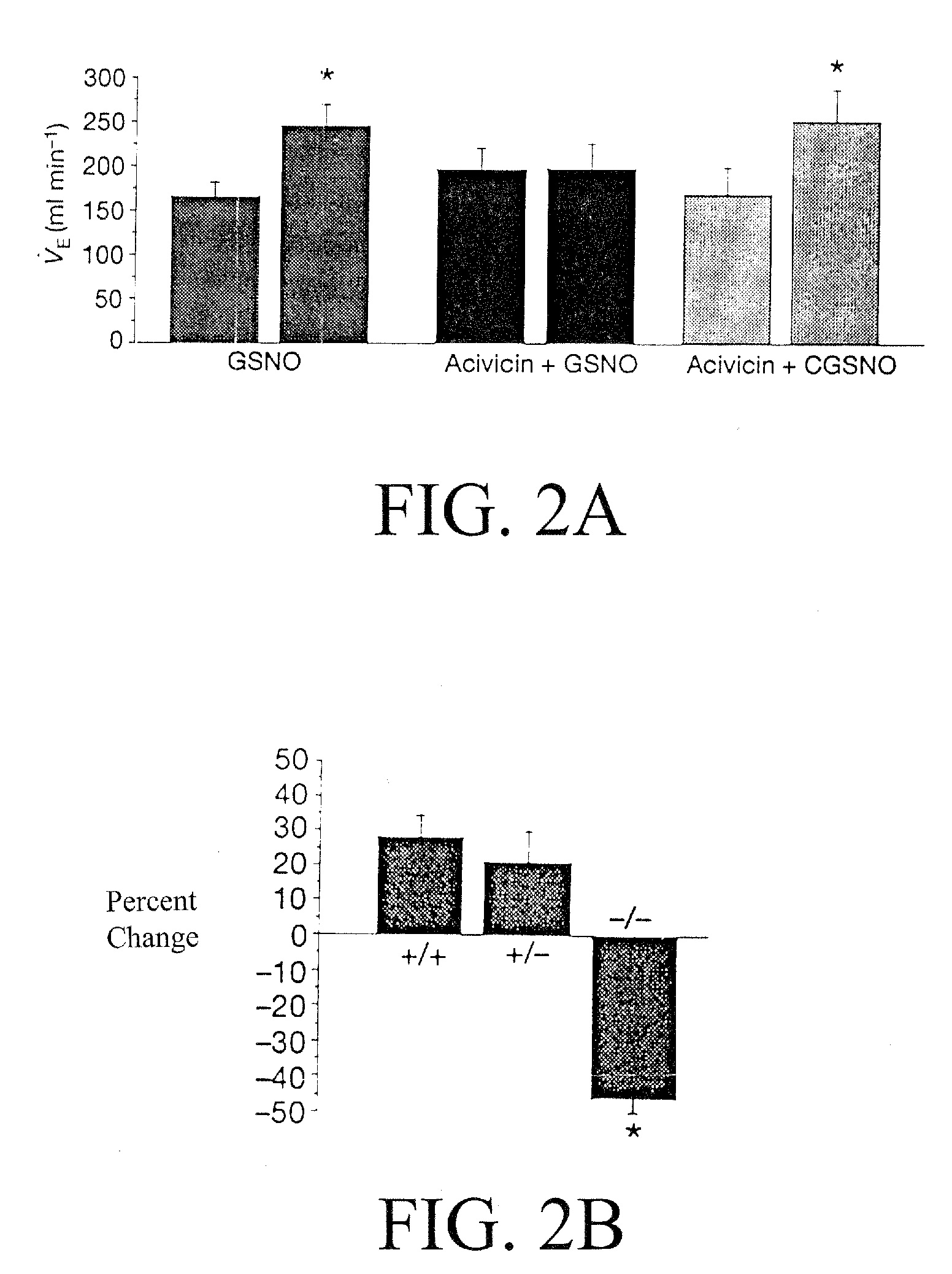Patents
Literature
237 results about "Acetaminophen cysteine" patented technology
Efficacy Topic
Property
Owner
Technical Advancement
Application Domain
Technology Topic
Technology Field Word
Patent Country/Region
Patent Type
Patent Status
Application Year
Inventor
(verify) Acetylcysteine, also known as N-acetylcysteine (NAC), is a medication that is used to treat paracetamol (acetaminophen) overdose, and to loosen thick mucus in individuals with cystic fibrosis or chronic obstructive pulmonary disease. It can be taken intravenously, by mouth, or inhaled as a mist.
Methods of treating chronic inflammatory diseases using carbonyl trapping agents
InactiveUS6444221B1Improved therapeutic propertyImprove propertiesBiocidePeptide/protein ingredientsEtiologyBenzoic acid
Owner:SECANT PHARMA
Skin care compositions
InactiveUS20060286046A1Prevention and amelioration and treatment of pathological conditionAvoid skin diseasesBiocideCosmetic preparationsSun damageOxidative stress
A skin care composition is provided which preferably comprises a mixture of N-acetylcysteine and L-carnosine in combination with a cosmetic, dermatological or pharmaceutically acceptable carrier therefor. The composition may optionally be provided as a sunscreen formulation, and provides a method for the prevention, amelioration or treatment of pathological conditions of the skin, including, but not limited to, intrinsic or chronological aging, or aging due to sun damage (photoaging), and which conditions are caused by, or exacerbated by, oxidative stress, carbonyl stress, or a combination of both.
Owner:HABER C ANDREW
N-acetylcysteine compositions and methods for the treatment and prevention of cysteine/glutathione deficiency in diseases and conditions
InactiveUS20050070607A1Low toxicityAllow administrationBiocideOrganic active ingredientsCysteine thiolateClinical settings
Life-threatening hepatotoxicity in the setting of acetaminophen overdose is due to depletion of glutathione (GSH), a vital cysteine-containing tripeptide that protects cells and organs against oxidant injury. Rapid administration of N-acetylcysteine (NAC), which provides the cysteine necessary to replenish the depleted GSH, is the standard of care for preventing injury in acetaminophen overdose. Beneficial effects of NAC treatment have also been demonstrated in respiratory, cardiovascular, endocrine and infectious and other diseases. In fact, over fifty randomized placebo-controlled trials conducted in diverse clinical settings document positive responses to NAC treatment. The present invention relates to cysteine / glutathione (GSH) deficiency as a previously unrecognized clinical entity that can complicate the course of commonly encountered diseases and methods of treatment of this generalized deficiency involving administering N-acetylcysteine (NAC) or a pharmaceutically acceptable salt or derivative to a subject in need thereof and monitoring the subjects appropriate glutathione blood levels as needed.
Owner:ANDRUS JAMES +4
Method for the preparation of a heat stable oxygen carrier-containing pharmaceutical composition
ActiveUS7932356B1Increase oxygenationHigh sensitivityPeptide/protein ingredientsMammal material medical ingredientsArteriolar VasoconstrictionCross-link
A highly purified and heat stable cross-linked nonpolymeric tetrameric hemoglobin suitable for use in mammals without causing renal injury and vasoconstriction is provided. A high temperature and short time (HTST) heat processing step is performed to remove undesired dimeric form of hemoglobin, uncross-linked tetrameric hemoglobin, and plasma protein impurities effectively. Addition of N-acetyl cysteine after heat treatment and optionally before heat treatment maintains a low level of met-hemoglobin. The heat stable cross-linked tetrameric hemoglobin can improve and prolong oxygenation in normal and hypoxic tissue. In another aspect, the product is used in the treatment of various types of cancer such as leukemia, colorectal cancer, lung cancer, breast cancer, liver cancer, nasopharyngeal carcinoma and esophageal cancer. Another application is heart preservation in situations where there is a lack of oxygen supply in vivo, such as in heart transplant or oxygen-deprived heart.
Owner:BILLION KING INT
Multiple antioxidant micronutrients
A method for administering an antioxidant composition to humans according to their age and sex is disclosed wherein the method comprises administering to said humans a daily dose of a multiple antioxidant micronutrient composition comprising vitamin A (palmitate), beta carotene (from natural d. salina), vitamin C (calcium ascorbate), vitamin D-3 (cholecalciferol), natural source vitamin E including both d-alpha tocopheryl and d-alpha tocopheryl acid succinate, thiamine mononitrate, riboflavin, niacinamide ascorbate, d-calcium pantothenate, pyridoxine hydrochloride, cyanocobalamin, folic acid (folacin), d-biotin, selenium (1-seleno methionine), chromium picolinate, zinc glycinate, calcium citrate, and magnesium citrate. For persons over the age of about 51, the composition preferably further comprises one or more of co-enzyme Q10, N-acetyl cysteine, and alpha lipoic acid. Preferably, also, vitamin D is added for women over the age of about 36.
Owner:NEW AGE HEALTH SCI INC
Dendrimer based nanodevices for therapeutic and imaging purposes
A nanodevice composition including N-acetyl cysteine linked to a dendrimer, such as a PAMAM dendrimer or a multiarm PEG polymer, is provided. Also provided is a nanodevice for targeted delivery of a compound to a location in need of treatment. The nanodevice includes a PAMAM dendrimer or multiarm PEG polymer, linked to the compound via a disulfide bond. There is provided a nanodevice composition for localizing and delivering therapeutically active agents, the nanodevice includes a PAMAM dendrimer or multiarm PEG polymer and at least one therapeutically active agent attached to the PAMAM dendrimer or multiarm PEG polymer. A method of site-specific delivery of a therapeutically active agent, by attaching a therapeutically active agent to a PAMAM dendrimer or multiarm PEG polymer using a disulfide bond, administering the PAMAM dendrimer or multiarm PEG polymer to a patient in need of treatment, localizing the dendrimer or multiarm PEG polymer to a site in need of treatment, and releasing the therapeutically active agent at the site in need of treatment.
Owner:WAYNE STATE UNIV +1
Systemic administration of NAC as an adjunct in the treatment of bioterror exposures such as anthrax, smallpox or radiation and for vaccination prophylaxis, and use in combination with DHEA for the treatment of smallpox and other viruses
InactiveUS20040022873A1No toxicityWithout fear of compromisingBiocideTripeptide ingredientsWhole bodyPoisonous effects
The invention is for the combination and related methods of N-acetyl-cysteine oral, inhaled, or intravenous, or glutathione inhaled or intravenous, generally in combination with antibiotic and / or antiviral therapy to ameliorate the toxic effects of infection with materials used in Bioterror incidents such as Bacillus anthracis and smallpox virus, and alternatively, upon exposure to radiation, during testing, and vaccination, as treatment prior to treatment with antibiotic or antiviral therapy to ameliorate the toxic effects of infection and exposure with these organisms.
Owner:YOUR ENERGY SYST
Method for the preparation of a high-temperature stable oxygen-carrier-containing pharmaceutical composition and the use thereof
ActiveUS7989593B1Increase oxygenationHigh sensitivityPeptide/protein ingredientsMammal material medical ingredientsArteriolar VasoconstrictionWhite blood cell
A high temperature-stable and highly purified cross-linked (optionally ≧70% β-β linked) tetrameric hemoglobin with high efficiency of oxygen delivery suitable for use in mammals without causing renal injury and vasoconstriction is provided. The dimeric form of hemoglobin is degenerated and purification processes are performed on red blood cells from whole blood. Controlled hypotonic lysis in an instant cytolysis apparatus prevents lysis of white blood cells. Nucleic acids from white blood cells and phospholipids impurities are not detected. Blocking of reactive sulfhydryl groups by a sulfhydryl reagent is performed in an oxygenated environment. Flowthrough column chromatography removes different plasma protein impurities. N-acetyl cysteine is added to the cross-linked tetrameric hemoglobin to maintain a low level of met-hemoglobin. The stabilized hemoglobin is preserved in an infusion bag with aluminum overwrap to prevent formation of inactive met-hemoglobin from oxygen intrusion. The product finds use in tissue oxygenation and cancer treatment.
Owner:BILLION KING INT
N-acetylcysteine amide (nac amide) for the treatment of diseases and conditions associated with oxidative stress
InactiveUS20090234011A1Increase cellular levelIncrease capacityAntibacterial agentsOrganic active ingredientsOxidative stressPathology diagnosis
Methods and compositions comprising N-acetylcysteine amide (NAC amide) and derivatives thereof are used in treatments and therapies for human and non-human mammalian diseases, disorders, conditions and pathologies. Pharmaceutically or physiologically acceptable compositions of NAC amide or derivatives thereof are administered alone, or in combination with other suitable agents, to reduce, prevent, or counteract oxidative stress and free radical oxidant formation and overproduction in cells and tissues, as well as to provide a new source of glutathione.
Owner:SAEGIS PHARMA
Thiosuccinic Acid Derivatives and the Use Thereof
ActiveUS20090011986A1Similar effectEasy to prepareOrganic active ingredientsBiocideThio-Autoimmune disease
The present invention relates to compounds of the Formula (I), wherein X1 and X2 independently represent O, NH or S; R1 and R2 are independently selected from the group consisting of a C1-C30 hydrocarbyl group, an amino acid bonded via an amide bond or a peptide bonded via an amide bond each having up to 200 amino acids, the conjugated residue X1 or X2 in this case being NH, and hydrogen, both radicals R1 and R2 preferably not being H; and R3 is a residue selected from group consisting of —S—R6, wherein R6 is a C1-C30 hydrocarbyl group, at least one of R1 and R2 not being H when X1 and X2 are oxygen, —S—CH2—CH(NH2)(COOH) (cysteine-S-yl), a homologue or derivative (e.g. N-acetyl cysteine-S-yl) thereof, a peptide having up to 200 amino acids which contains at least one amino acid radical with a thiol group, preferably a cysteine radical, and is bonded via the thio sulfur, preferably via the cysteine sulfur (peptide-S-yl), coenzyme A which is bonded via a thiol group or fragments thereof, acyl carrier protein bonded via a thiol group, and dihydrolipoic acid bonded via a thiol group; and pharmaceutically acceptable salts thereof. The present invention also relates to the use of these compounds for preparing a drug, drugs containing the same and their use for the therapy of diseases such as autoimmune disease, NF-kappaB mediated diseases, psoriasis, psoriatic arthritis, neurodermitis, enteris regionalis Crohn, cardiac insufficiency, chronic obstructive pulmonary diseases and asthma and in transplantation medicine.
Owner:BIOGEN INT
Thiosuccinic acid derivatives and the use thereof
ActiveUS8067467B2Easy to prepareImprove toleranceOrganic active ingredientsBiocideThio-Coenzyme A biosynthesis
The present invention relates to compounds of the formula (I) wherein X1 and X2 independently represent O, NH or S, R1 and R2 are independently selected from the group consisting of a C1-C30 hydrocarbyl group, an amino acid bonded via an amide bond or a peptide bonded via an amide bond each having up to 200 amino acids, the conjugated residue X1 or X2 in this case being NH, and hydrogen, both radicals R1 and R2 preferably not being H, wherein R3 is a residue selected from group consisting of —S—R6, wherein R6 is a C1-C30 hydrocarbyl group, at least one of R1 and R2 not being H when X1 and X2 are oxygen, —S—CH2—CH(NH2)(COOH) (cysteine-S-yl), a homologue or derivative (e.g. N-acetyl cysteine-S-yl) thereof, a peptide having up to 200 amino acids which contains at least one amino acid radical with a thiol group, preferably a cysteine radical, and is bonded via the thio sulfur, preferably via the cysteine sulfur (peptide-S-yl), coenzyme A which is bonded via a thiol group or fragments thereof, acyl carrier protein bonded via a thiol group, and dihydrolipoic acid bonded via a thiol group, and pharmaceutically acceptable salts thereof. The present invention also relates to the use of these compounds for preparing a drug and drugs containing the same.
Owner:BIOGEN INT
Treating pulmonary disorders with gaseous agent causing repletion of GSNO
InactiveUS7045152B2Increased GSNO or glutathione (GSH)Avoid failureOrganic active ingredientsPeptide/protein ingredientsDiseaseMedicine
Pulmonary disorders in which the GSNO pool or glutathione pool in the lung is depleted and where reactive oxygen species in lung are increased, are treated by delivering into the lung as a gas, agent causing repletion or increase of the GSNO pool or protection against toxicity and does so independently of reaction with oxygen. Agents include ethyl nitrite, NOCl, NOBr, NOF, NOCN, N2O3, HNO, and H2S. Optionally, N-acetylcysteine, ascorbate, H2S or HNO is administered in addition to other GSNO repleting agent to potentiate the effect of said agent.
Owner:DUKE UNIV
Dendrimer based nanodevices for therapeutic and imaging purposes
A nanodevice composition including N-acetyl cysteine linked to a dendrimer, such as a PAMAM dendrimer or a multiarm PEG polymer, is provided. Also provided is a nanodevice for targeted delivery of a compound to a location in need of treatment. The nanodevice includes a PAMAM dendrimer or multiarm PEG polymer, linked to the compound via a disulfide bond. There is provided a nanodevice composition for localizing and delivering therapeutically active agents, the nanodevice includes a PAMAM dendrimer or multiarm PEG polymer and at least one therapeutically active agent attached to the PAMAM dendrimer or multiarm PEG polymer. A method of site-specific delivery of a therapeutically active agent, by attaching a therapeutically active agent to a PAMAM dendrimer or multiarm PEG polymer using a disulfide bond, administering the PAMAM dendrimer or multiarm PEG polymer to a patient in need of treatment, localizing the dendrimer or multiarm PEG polymer to a site in need of treatment, and releasing the therapeutically active agent at the site in need of treatment.
Owner:WAYNE STATE UNIV +1
N-Acetylcysteine Amide (Nac Amide) for Enhancing Plant Resistance and Tolerance to Environmental Stress
InactiveUS20080274888A1Reduce and prevent adverse reactionReduce prevent adverse reactionBiocidePlant growth regulatorsFrostOxidative stress
The potent antioxidant N-acetylcysteine amide (NAC amide), or a physiologically acceptable derivative, salt, or ester thereof, is topically or exogenously applied to a plant, or part thereof, to reduce or prevent adverse reactions of plants and crops to environmental biotic and abiotic stresses, such as extremes of temperature, drought, humidity, frost, rain, as well as the presence or invasion of a variety of pests and pathogens. Such environmental stresses can result in oxidative stress and the correlated production (and buildup) of free radicals in plant cells, which damages plant cells and tissues and can lead to plant death. NAC amide reduces, prevents, alleviates, or otherwise counteracts such oxidative stress and free radical production, which adversely effect the overall growth and viability of the plant.
Owner:SAEGIS PHARMA
Administration of a thiol-based chemoprotectant compound
InactiveUS20060177523A1Treat and mitigate side effectProtect from harmBiocideDipeptide ingredientsAbnormal tissue growthSide effect
A method of administration of a thiol-based chemoprotectant agent including NAC (N-acetylcysteine) and STS (sodium thiosulfate) that markedly affects biodistribution and protects against injury from diagnostic or therapeutic intra-arterial procedures. A method for treating or mitigating the side effects of cytotoxic cancer therapy for tumors located in the head or neck and brain tumors. The thiol-based chemoprotectant agent is administered intra-arterially with rapid and first pass uptake in organs and tissues other than the liver.
Owner:OREGON HEALTH & SCI UNIV +1
Controlled release of N-acetylcysteine (NAC) for reduction of systemic and/or vascular inflammation
The present invention provides a controlled-release composition which provides a therapeutically effective plasma concentration of N-acetylcysteine over prolonged period of time. The present invention also includes the use of the controlled-release composition, either alone or in combination with at least one additional active agent, for reduction of vascular inflammation marker and treatment of diseases, conditions, and / or symptoms associated with systemic and / or vascular inflammation in a patient. Furthermore, the present invention provides a process of making granules comprising N-acetylcysteine, or a salt, solvate, prodrug, and / or analog thereof.
Owner:TIARA PHARMA
Preparation method of magnetic fluorescent composite nanospheres
InactiveCN103372407AEasy to manufactureSimple processMaterial nanotechnologyInorganic non-active ingredientsSolubilitySodium acetate
The invention provides a preparation method of magnetic fluorescent composite nanospheres. The preparation method comprises the steps of (1) preparing CdSe quantum dots by taking Na2SO3, selenium powder, cadmium acetate, N-acetylcysteine and deionized water as raw materials; (2) with FeCl3.6H2O sodium acetate anhydrous and ethylene glycol as raw materials, reacting in an autoclave to obtain Fe3O4 nanoparticles; (3) preparing a Fe3O4@SiO2 product by taking the Fe3O4 nanoparticles, tetraethoxysilane, absolute ethyl alcohol, deionized water and ammonium hydroxide as raw materials; and (4) conducting amino modification on the surface of the Fe3O4@SiO2 by utilizing a silane coupling agent KH-550, then loading CdSe onto the surface of the SiO2 through reaction, so as to obtain the final product magnetic fluorescent composite nanospheres. The preparation method has the characteristics that the prepared CdSe quantum dots have excellent water solubility and excellent fluorescent property and are about 3-4nm in diameter; the Fe3O4 nanoparticles are even in particle size and have good dispersity; the Fe3O4@SiO2 nanoparticles have an obvious core-shell structure, shell layers are evenly coated and are consistent in thickness; the magnetic fluorescent composite nanospheres has strong magnetism and excellent fluorescence property and can be used for site-specific drug transportation in a biological body and the fluorescence imaging of the biological body.
Owner:BEIJING UNIV OF CHEM TECH
Formulations for treating human and animal diseases
InactiveUS20100209497A1Estrogen level may declineImprove anti-tumor activityBiocidePeptide/protein ingredientsMethylselenocysteineDisease
The present disclosure provides for a scientific formulation useful in the treatment and prevention of human and animal diseases. A biologically effective amount of each of the components of the formulation is administered to patients in pill (or capsule) form via multiple different and identifiable pills. The compounds of the formulation are segregated into different pill types, and contain various amounts of the compounds Curcumin, Genistein, Squalamine, Vitamin E, N-Acetyl-Cysteine, Methylselenocysteine, Zinc Gluconate, B Complex, Lentinen, Coenzyme Q10 Acetyl-L-Carnitine, Lipoic Acid, Resveratrol, and Vitamin C. Furthermore, Arabinoxylan and / or Peperine may be added to the various pill formulations.
Owner:THORNTHWAITE JERRY T
Formulation for promoting sinus health in nasal cavities
InactiveUS20080175899A1BiocideBacteria material medical ingredientsNasal Cavity EpitheliumProbiotic agent
A formulation for promoting sinus health includes at least one probiotic agent in combination with N-acetyl cysteine (NAC) and a bioflavonoid or derivative thereof.
Owner:NUTRI-HEALTH SUPPLEMENTS LLC
N-Acetylcysteine Amide (Nac Amide) for Treatment of Oxidative Stress Associated with Infertility
InactiveUS20080200548A1Improve viabilityFunction increaseOrganic active ingredientsBiocideFree Radical FormationEmbryo
An in vitro culture and / or fertilization medium containing N-acetylcysteine amide (NAC amide) reduces or prevents oxidative stress and free radical formation that contribute to the cellular damage and eventual demise of sperm, oocytes and embryos that are cultured, fertilized and maintained in vitro. The NAC amide-containing medium composition for in vitro culture and fertilization is suitable for use in the culture of oocytes, in the culture and development of early embryos, in the preparation or culture of sperm, and in the pre-treatment of oocytes or sperm. The NAC amide-containing composition supports the growth of viable embryos until blastocyst stage.
Owner:SAEGIS PHARMA
Use of S-nitrosothiol signaling to treat disordered control of breathing
The present invention is directed to a method of treating disordered control of breathing including the treatment of apnea and hypoventilation associated with congenital or acquired brain stem abnormalities. Specifically the invention is directed to treating disordered control of breathing by administering an S-nitrosylating agent selected from the group consisting of ethyl nitrite, glutathione, nitric oxide, S-nitrosocysteine, S-nitrosoglutathione, S-nitro-N-acetyl cysteine. As shown in FIG. 1C the ability of endogenous SNOg to increase VE in freely behaving, conscious rates using whole-body plethysmography revealed that CSNO, GSNO and CGSNO (1 nmol each) caused equivalent increases in VE, whereas D-CSNO had no effect (left bar graph is the equivalent increases in VE, whereas D-CSNO had no effect (left bar graph is the control whereas the right bar represents administration of the respective SNO).
Owner:VIRGINIA UNIV OF PATENT FOUND +1
Methods for treating and monitoring inflammation and redox imbalance cystic fibrosis
InactiveUS20070049641A1Modulating lung inflammationModulating redox imbalance conditionBiocideOrganic active ingredientsWhite blood cellNeutrophil granulocyte
The present invention relates to pharmaceutical kits and methods to treat lung inflammation and redox imbalance in human cystic fibrosis patients using pharmaceutical compositions containing N-acetylcysteine (NAC), pharmaceutically acceptable salts of N-acetylcysteine, or N-acetylcysteine derivatives. In phase I studies, treatment with oral NAC at a dose of from about 1800 mg / day to about 3000 mg / day for a period of 4 weeks produced significant positive effects, namely, it decreased absolute numbers of white blood cells and neutrophils in the sputum and produced concomitant decreases in sputum neutrophil elastase specific activity and sputum interleukin-8 levels, suggesting an amelioration of lung inflammation in the patients. These effects were associated with an increased total GSH level in whole blood as well increased staining for reduced GSH in blood neutrophils, both of which reflect an amelioration of the redox imbalance in the patients. In ongoing phase II studies, oral NAC at a dose of about 2700 mg / day administered in double-blind manner for 12 weeks showed excellent safety and significantly decreased white blood cells in sputum as compared to placebo.
Owner:THE BOARD OF TRUSTEES OF THE LELAND STANFORD JUNIOR UNIV
Specific culture medium for lung tumor organ and stentless 3D culturing method
ActiveCN110592022AStrong cell stemnessRetain heterogeneityCulture processCell culture active agentsY-27632HEPES
The invention discloses a specific culture medium for a lung tumor organ and a stentless 3D culturing method. The specific culture medium is prepared from the following components: FBS, double antibody, N-2, Noggin, B-27, EGF, FGF-10, Y-27632, A 83-01, SB202190, N-acetylcysteine, HEPES, Glutamax, IGF-1, hydrocortisone and Advanced DMEM / F12. The culturing method comprises the following steps: adding a tumor cell into a low serum culture medium, re-suspending the tumor cell, inoculating the tumor cell into a culture vessel, adding the specific culture medium into the culture vessel, changing thespecific culture medium once a day, and performing culturing until an organoid is formed. According to the culture medium and culturing method, a tumor organoid can quickly generate, can be stably cultured for a long time, is regular in spheroid form and has uniform and controllable size, and the heterogeneity of a tumor tissue of a patient can be well maintained in vitro.
Owner:浙江弘瑞医疗科技有限公司
Acetaminophen compositions having minimized side effects including reduced hepatotoxicity
InactiveUS20080139654A1Promotes glutathione productionMitigate noxious smellBiocidePeptide/protein ingredientsSide effectOpiate
Solid tablets or gel capsules comprising acetaminophen and an agent that promotes glutathione production that mitigates adverse hepatic effects of acetaminophen. The glutathione production promoter is preferably n-acetylcysteine or other mercapto-2-amino alkyl carboxylic acid having glutathione production promoting properties. A preferred composition comprises acetaminophen (200 mg to 750 mg) and N-acetylcysteine (200 mg to 600 mg). Alternatively and / or in addition to N-acetylcysteine the composition can contain at least one of methionine and cysteine. Preferred compositions can contain at least one of an opiate (or synthetic equivalent), an antihistamine, an antiemetic, and a sedative. Physical encapsulation of the ingredients optionally with or in place of a fragrance is used to make the composition more acceptable to patients by mitigating noxious properties of the glutathione production promoter. Preferably, the compositions are prepared for patient self administration in tablet or gel capsule form wherein the patients can take the medication without the need for close oversight of a medical caregiver.
Owner:SODERLING ERIC MOTT
Methods and compositions for the induction of hypothermia
InactiveUS20120282227A1Short amount of timeReduce rateBiocideNervous disorderAntioxidantBlood vessel
Provided herein are methods for the induction of hypothermia and the treatment of clinical insults in a subject through the administration of a regulated hypothermic multidrug combination. The compositions or multidrug combinations of the invention comprise a regulated hypothermic compound or a dopamine receptor agonist; a vasoactive compound; and an antiarrhythmic compound or a serotonin 5-HT3 receptor antagonist. Additional agents can be included in the composition including at least one of an antioxidant, a vitamin, N-acetylcysteine, and an antihyperglycemic compound. The invention further recognizes that a two phase delivery of multidrug combinations, a rapid infusion of the composition to induce hypothermia followed by a period of slow infusion to maintain the hypothermic state for a sustained period of time. Using the two phase delivery method of the invention, the composition may comprise ethanol and, optionally, at least one of a vasoactive compound, an antiarrhythmic compound, a serotonin 5-HT3 receptor antagonist, an antioxidant, a vitamin, N-acetylcysteine, and an antihyperglycemic compound. This two phase delivery method can be used to deliver any of the compositions of the invention and provides significant benefits to a patient.
Owner:THE UNIV OF NORTH CAROLINA AT CHAPEL HILL
Culture medium for 3D culture of lung tissue
ActiveCN106834212AActive featuresModerate contentCulture processArtificial cell constructsMicrobiologyLung tissue
The invention discloses a culture medium for 3D culture of lung tissue. The culture medium comprises the following components: B27, N-acetylcysteine, an EGF, Noggin, R-spondin 1, A83-01, FGF10, Nicotinamide, Y-27632*, WNT3a, Glutamax, N2 and Gastin. The culture medium disclosed by the invention is appropriate in nutrient component, tissue cell specificity and stem cell specificity can be effectively maintained for lung tissue and lung cancer tissue, then lung tissue / lung cancer tissue organs with stable inheritance and biological functions can be formed, and scientific study requirements can be met.
Owner:WEST CHINA HOSPITAL SICHUAN UNIV
Method of Treating Cancer
InactiveUS20070142462A1Lower Level RequirementsInhibition of activationBiocidePeptide/protein ingredientsPatient needOncology
Methods for treating cancer are provided including administering a patient needing treatment a therapeutically effective amount of one or more antioxidants selected from the group of catalase, N-acetylcysteine, glutathione peroxidase, salen-transition metal complexes, dicumarol, and derivatives thereof.
Owner:THE UNIV OF UTAH
Natural Killer Cell Formulations
A formulation of supplement is able to boost the natural cells, both increasing the population of the natural cells and enhancing the natural cell's activity. The formulation can be administered via different forms, such as tablet, injection, skin absorption and etc. This formulation comprises 16 different components, including Alpha Lipoic Acid, Arabinoxylin, Curcumin, Garlic, Genistein, Ginseng, Lentinan, Mistletoe, N-Acetylcysteine, Resveratrol, Selenium, Vitamin B Complex, Vitamin C, Vitamin D3, Vitamin E and Zinc. By virtue of enhancing the natural killer cells (NKC) in the body, the formation is helpful for the prevention and treatment of a number of different human or animal diseases, such as cancers and viral infections. In addition, certain synergistic effects have been observed between different components in the formulation, which further enhances the beneficial effect of the formulation.
Owner:SCI FORMULATIONS
Method to reduce muscle atrophy following orthopedic surgery
InactiveUS20170196944A1Reduce rateIncreasing protein synthesisOrganic active ingredientsDispersion deliveryArginineTert-leucine
A method for reducing muscle atrophy in an individual undergoing orthopedic surgery, the method comprising administering to said individual a mixture of protein and non-protein nutrients for 4-7 days pre-surgery and for 10-21 days post-surgery. The protein dosage is 15-30 g, of which 17-25% is leucine, 23-35% is 1-glutamine, 10-15% is 1-arginine and 1-2% is cysteine. The protein nutrients are derived from a combination of commercially available proteins and the appropriate free amino acid. The non-protein nutrients are a mono or disaccharide in the amount of 15-30%, N-acetyl-cysteine in the amount of 1-15% and the antioxidant Vitamin C.
Owner:PORTMAN ROBERT
Use of S-Nitrosothiol Signaling to Treat Disordered Control of Breathing
Owner:GASTON BENJAMIN M +1
Features
- R&D
- Intellectual Property
- Life Sciences
- Materials
- Tech Scout
Why Patsnap Eureka
- Unparalleled Data Quality
- Higher Quality Content
- 60% Fewer Hallucinations
Social media
Patsnap Eureka Blog
Learn More Browse by: Latest US Patents, China's latest patents, Technical Efficacy Thesaurus, Application Domain, Technology Topic, Popular Technical Reports.
© 2025 PatSnap. All rights reserved.Legal|Privacy policy|Modern Slavery Act Transparency Statement|Sitemap|About US| Contact US: help@patsnap.com

